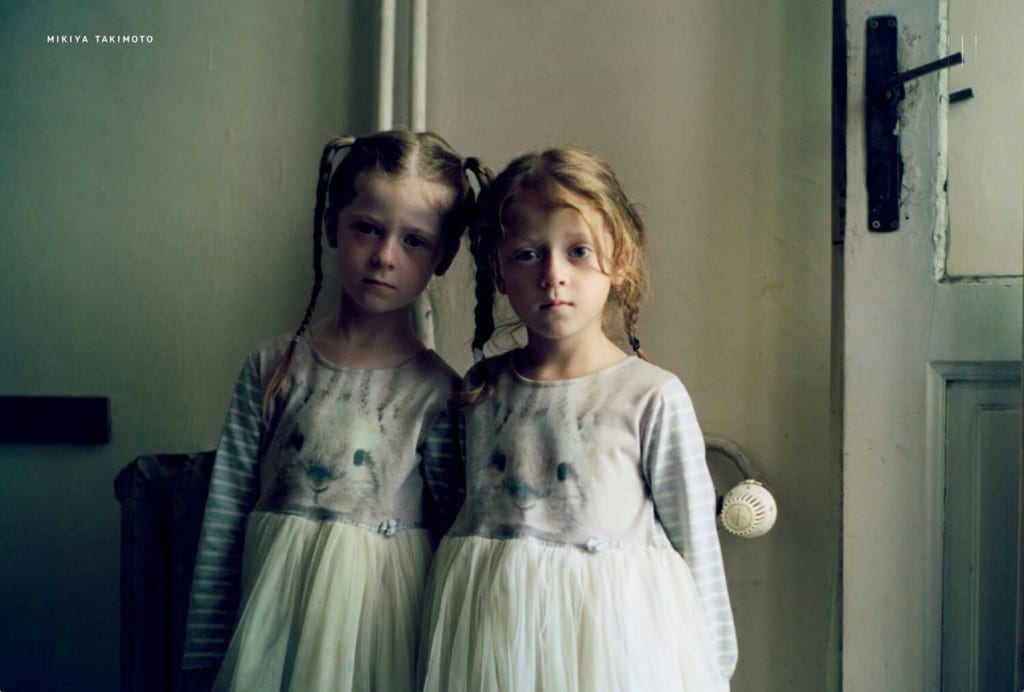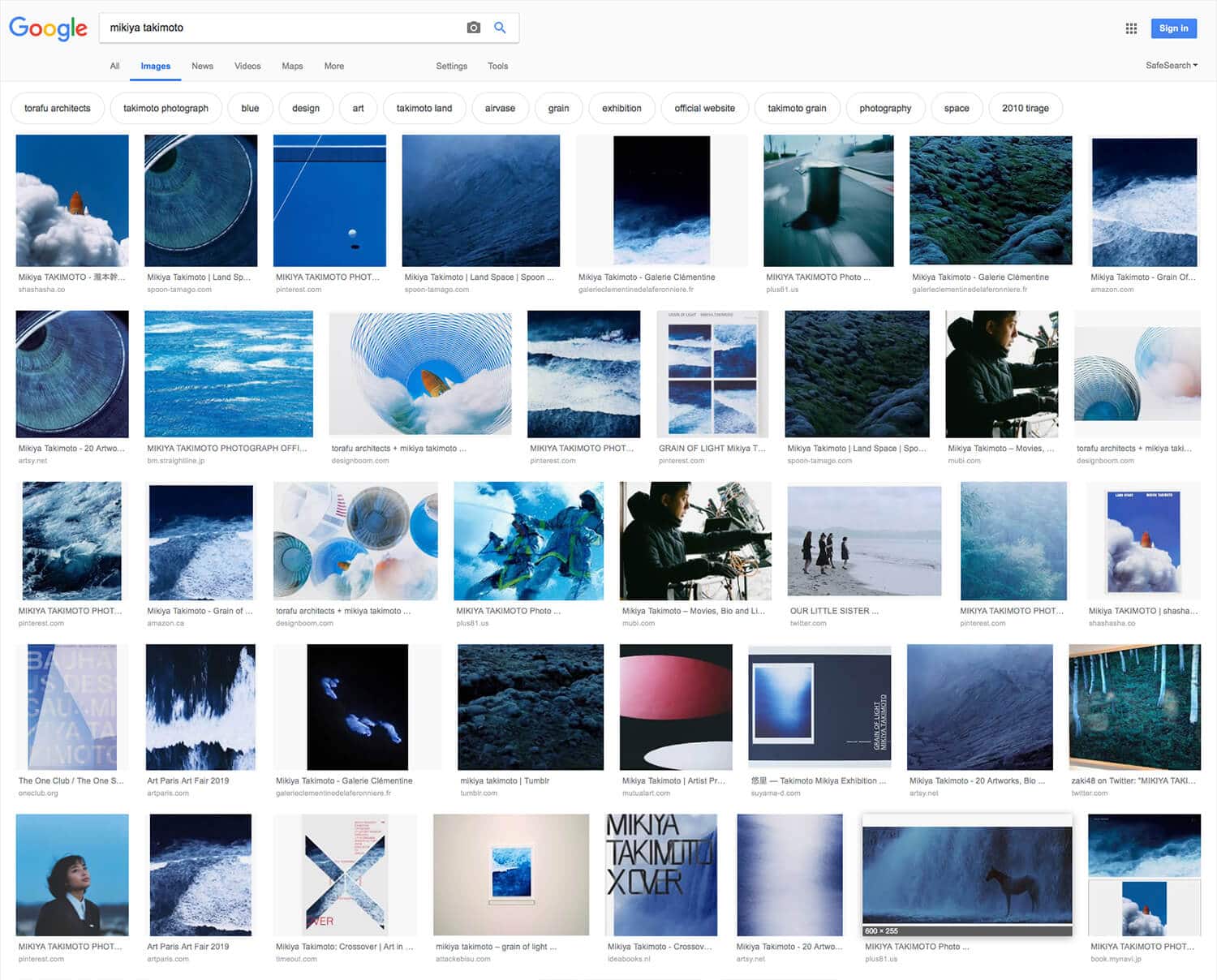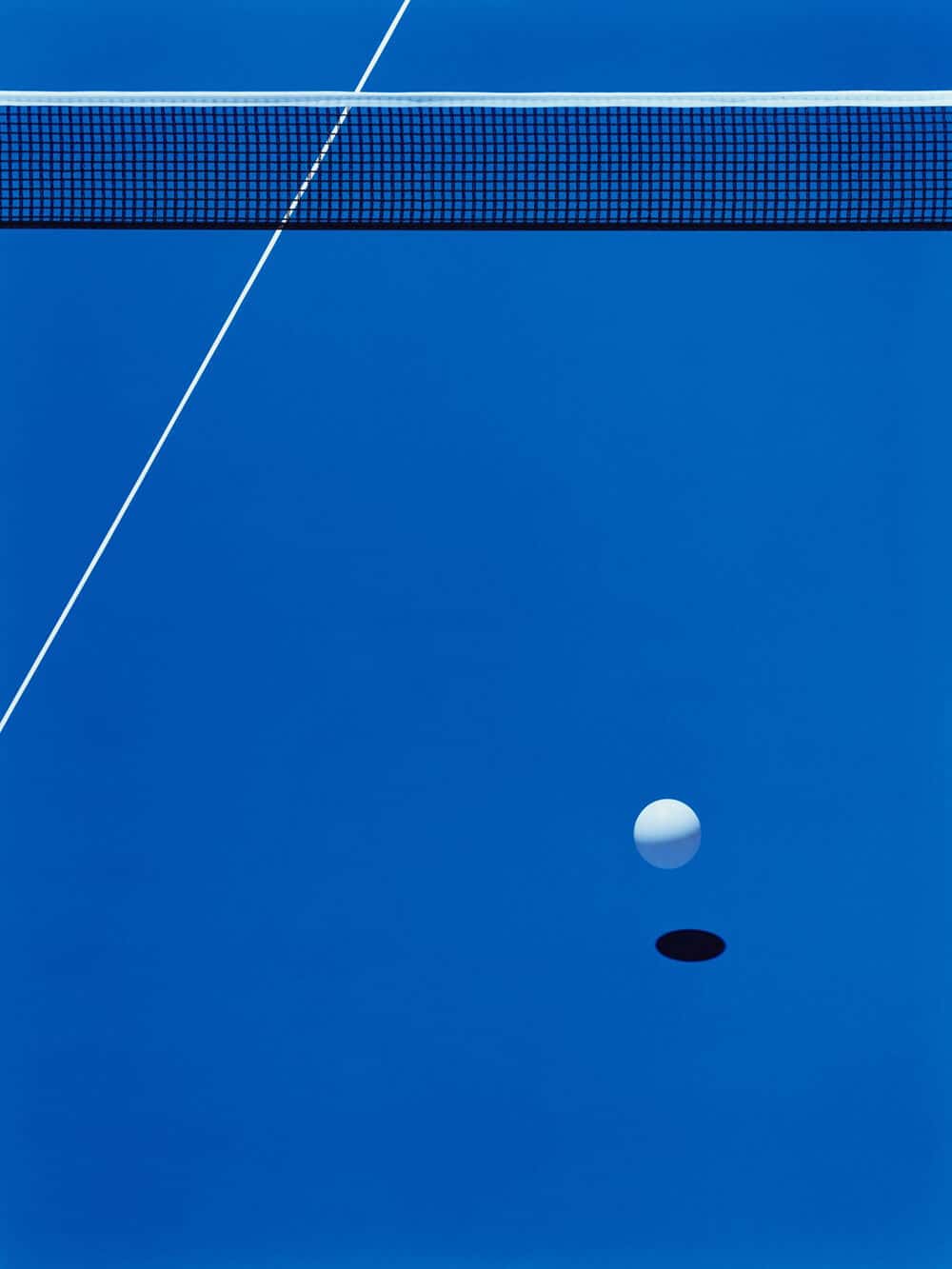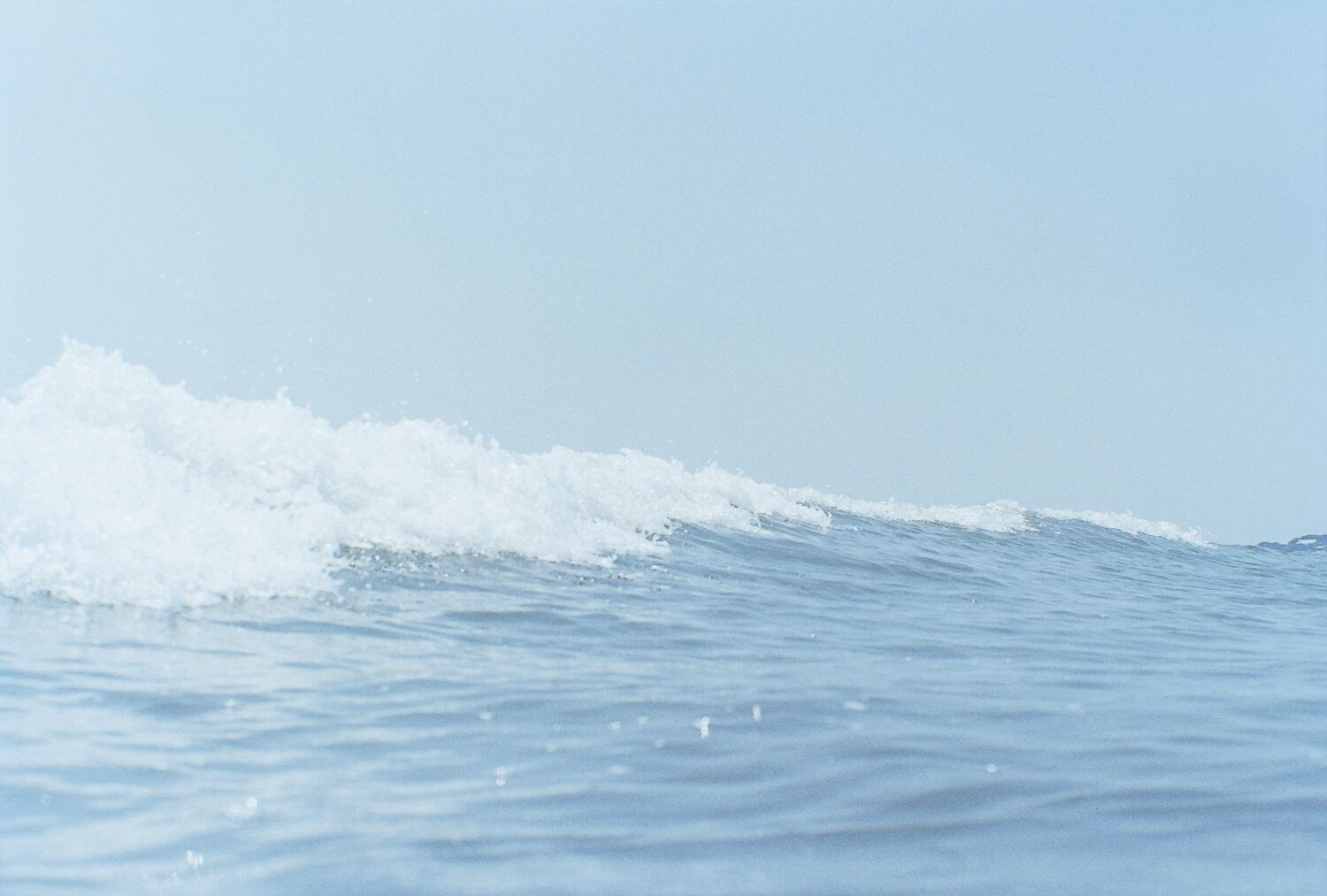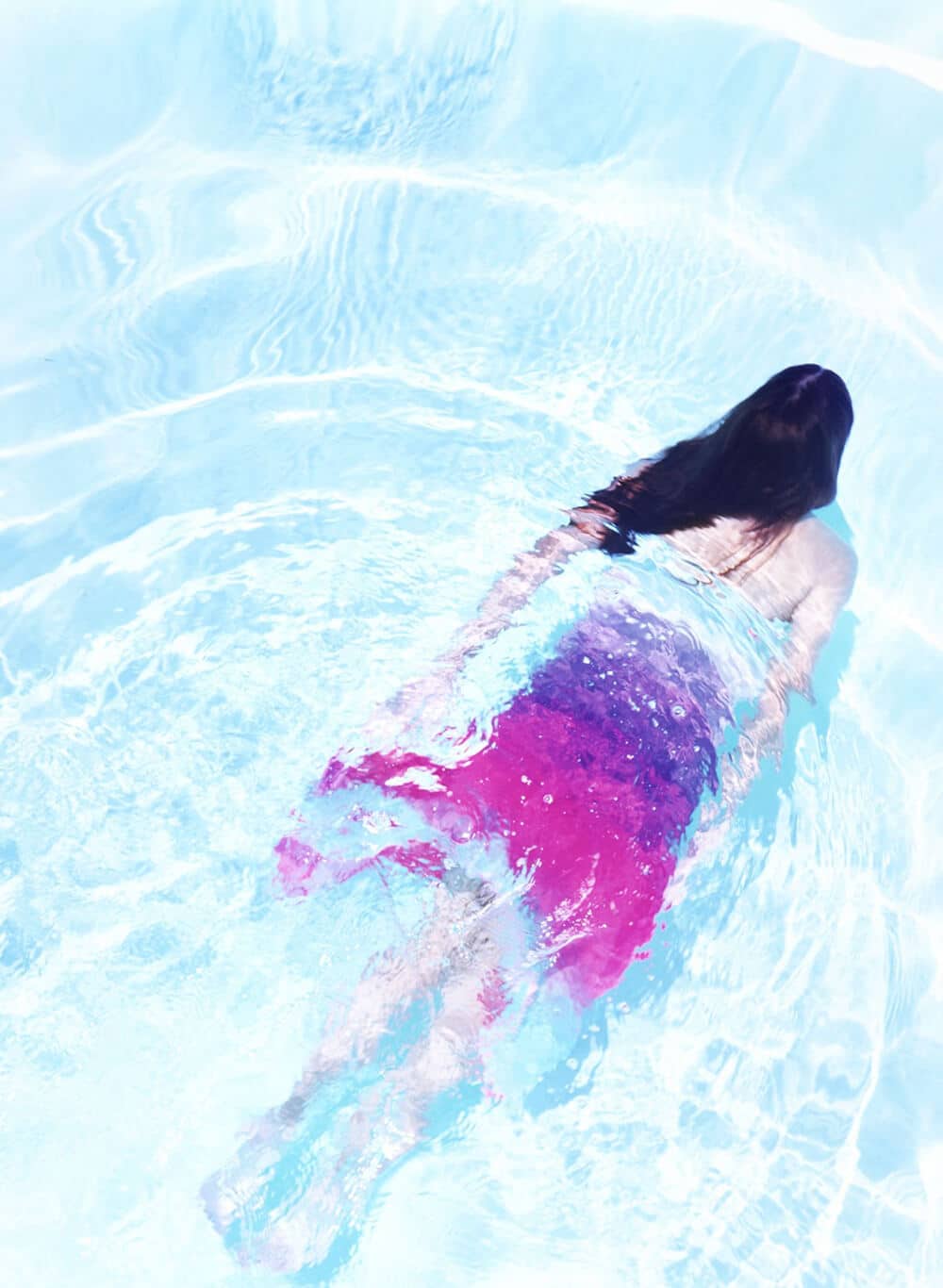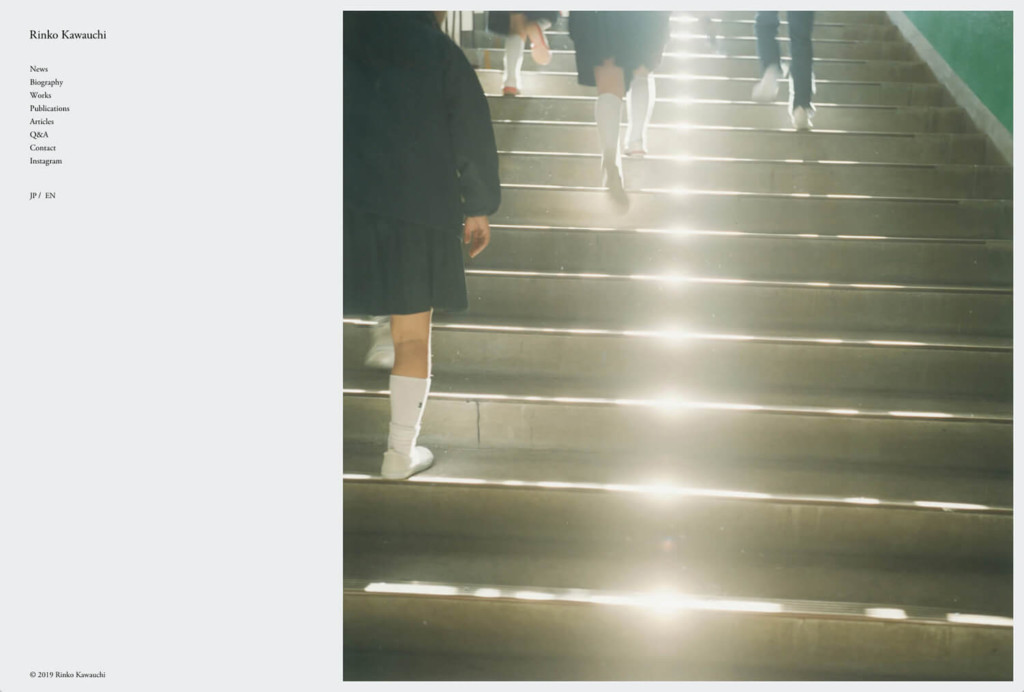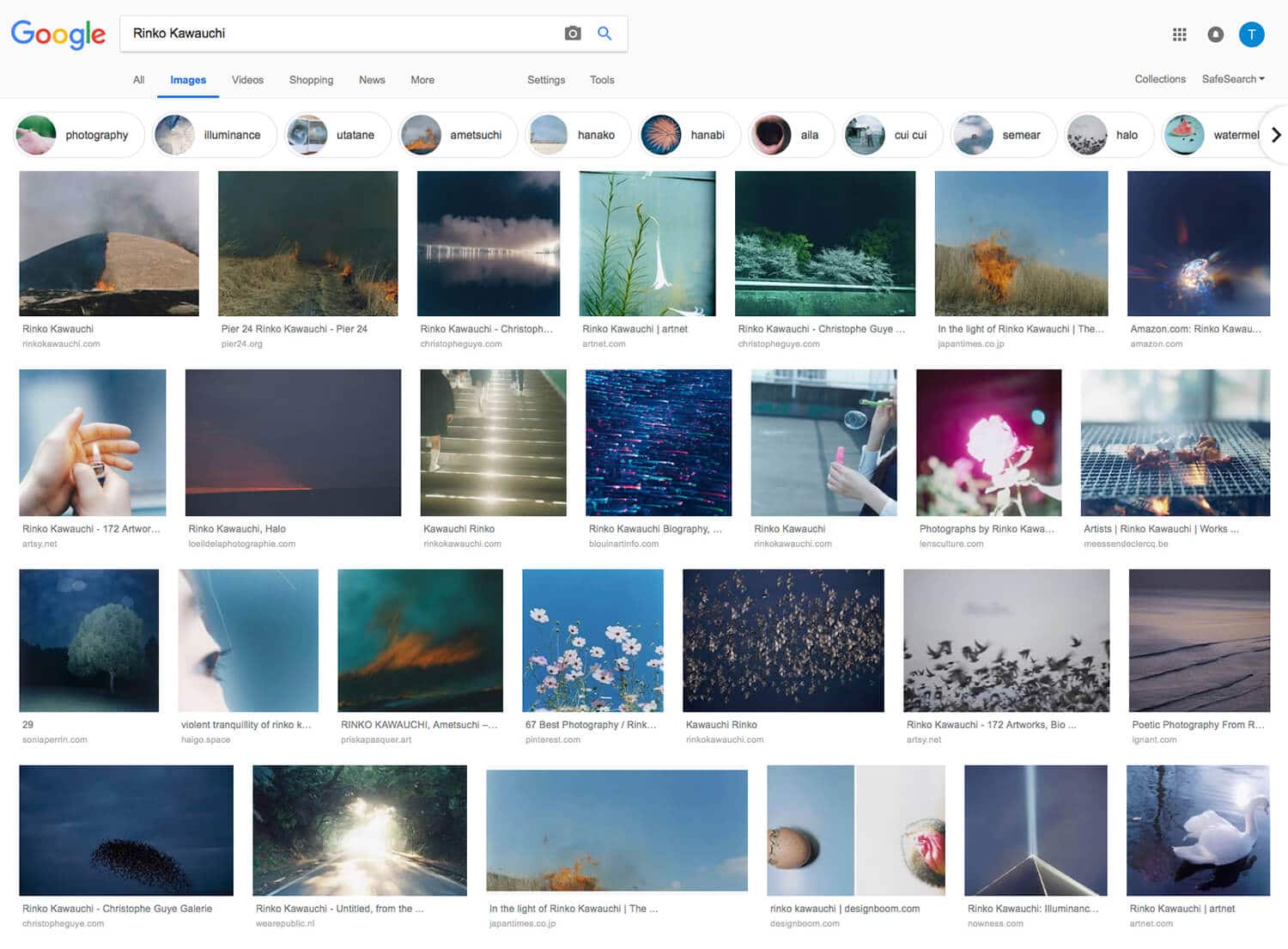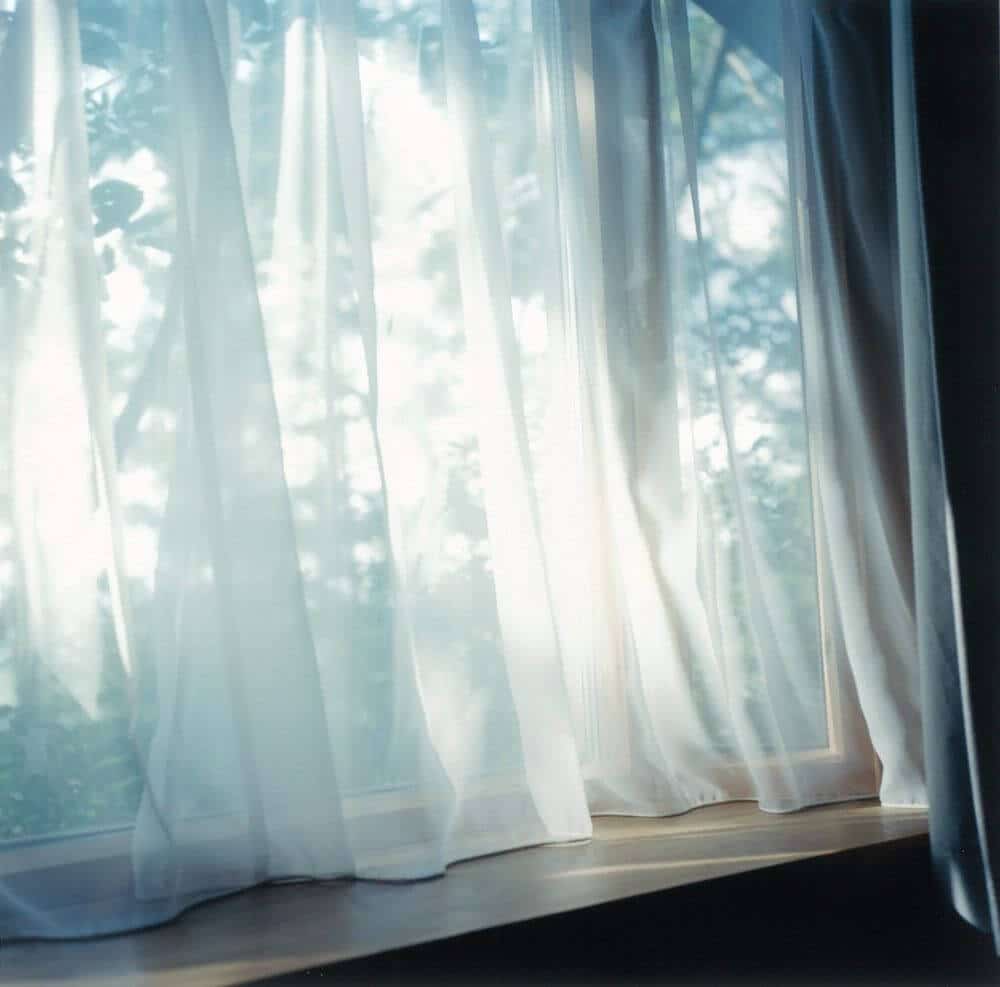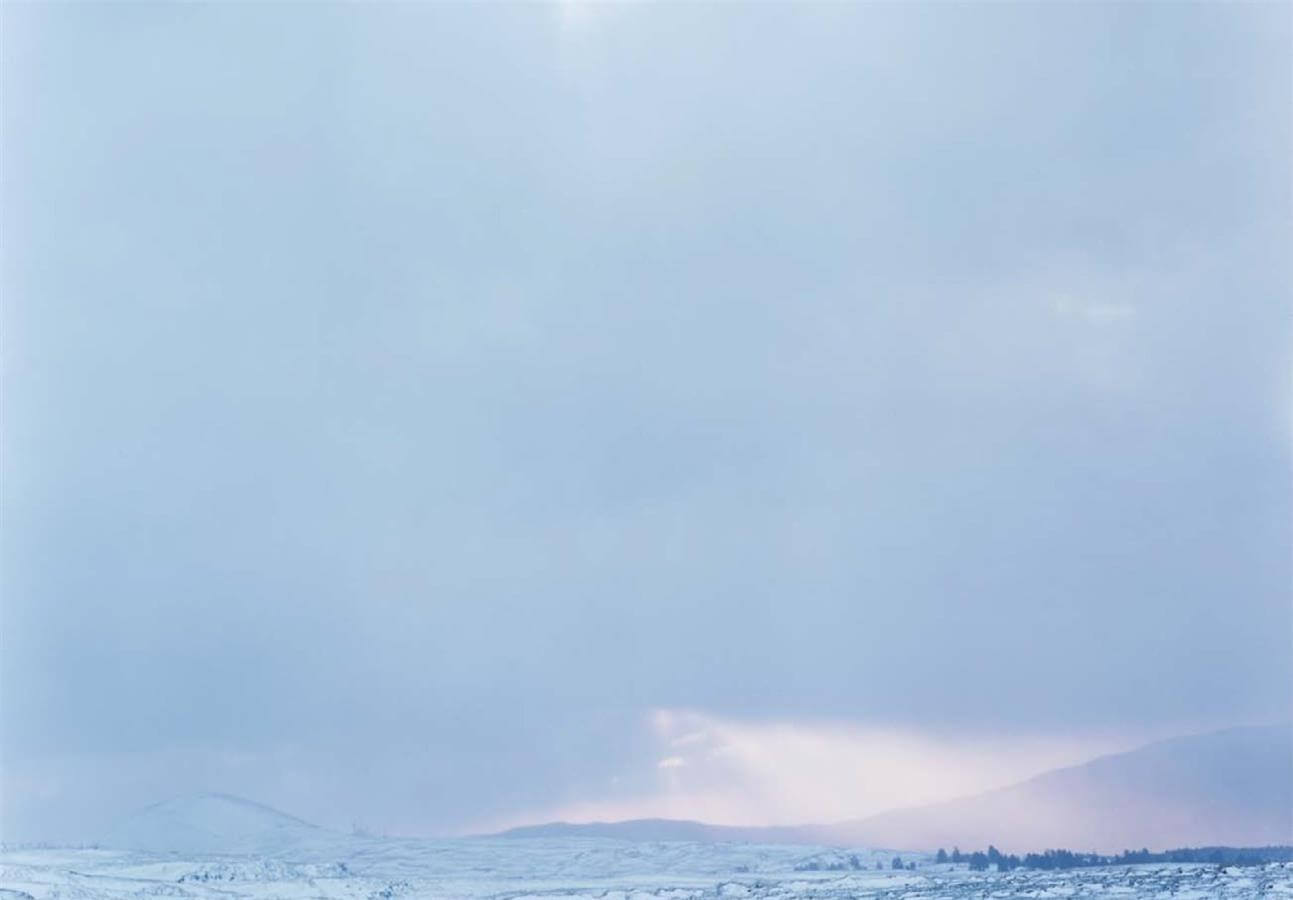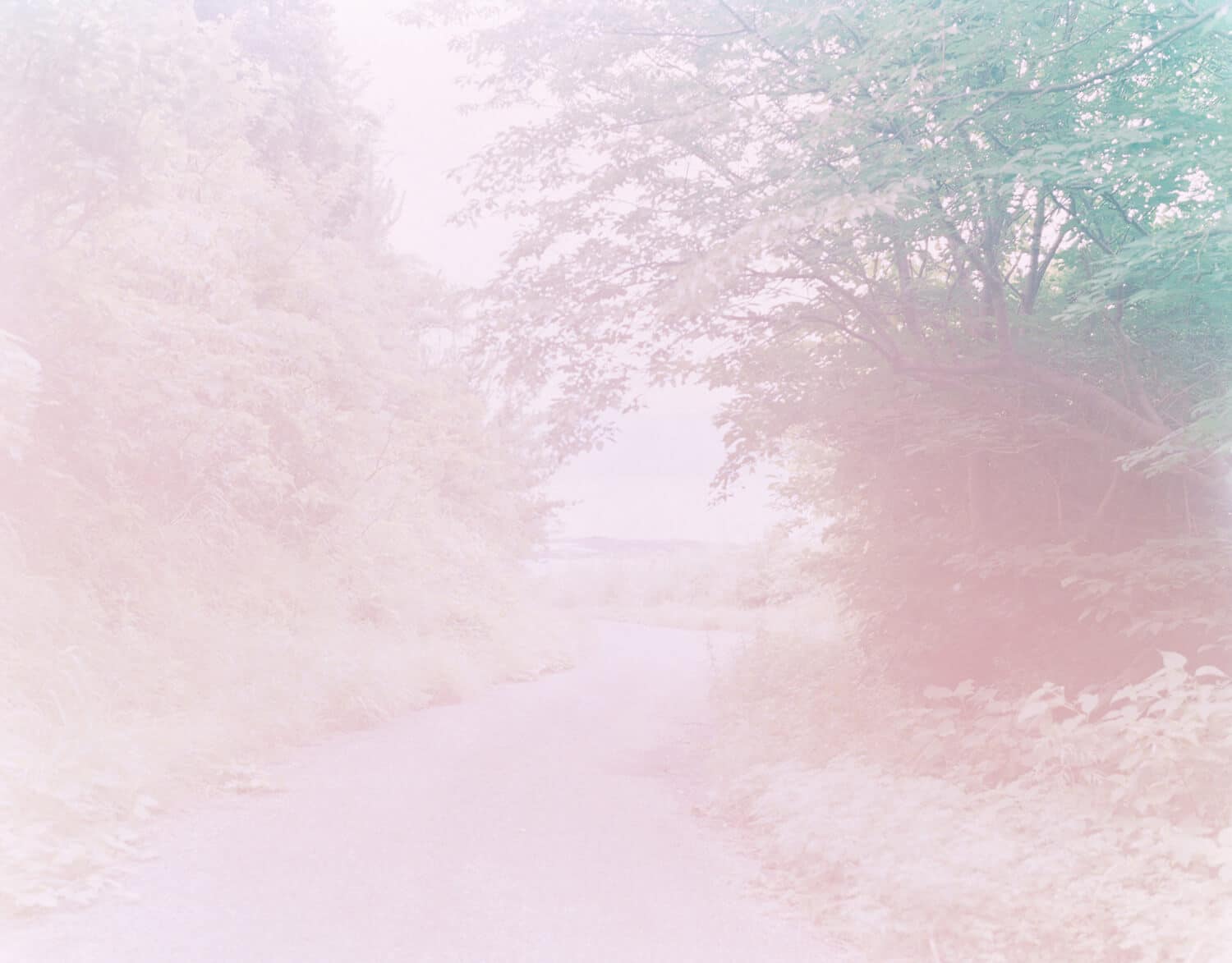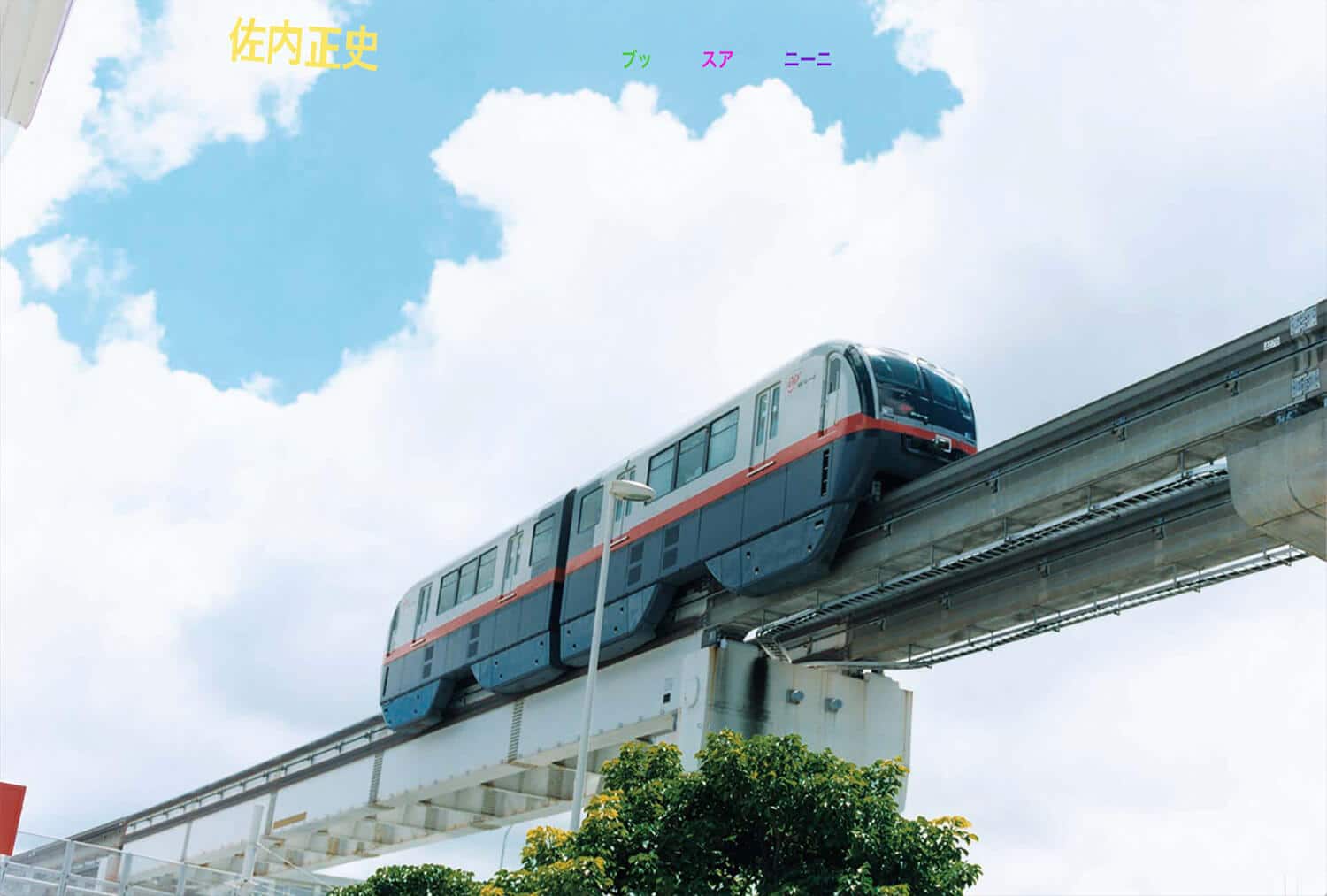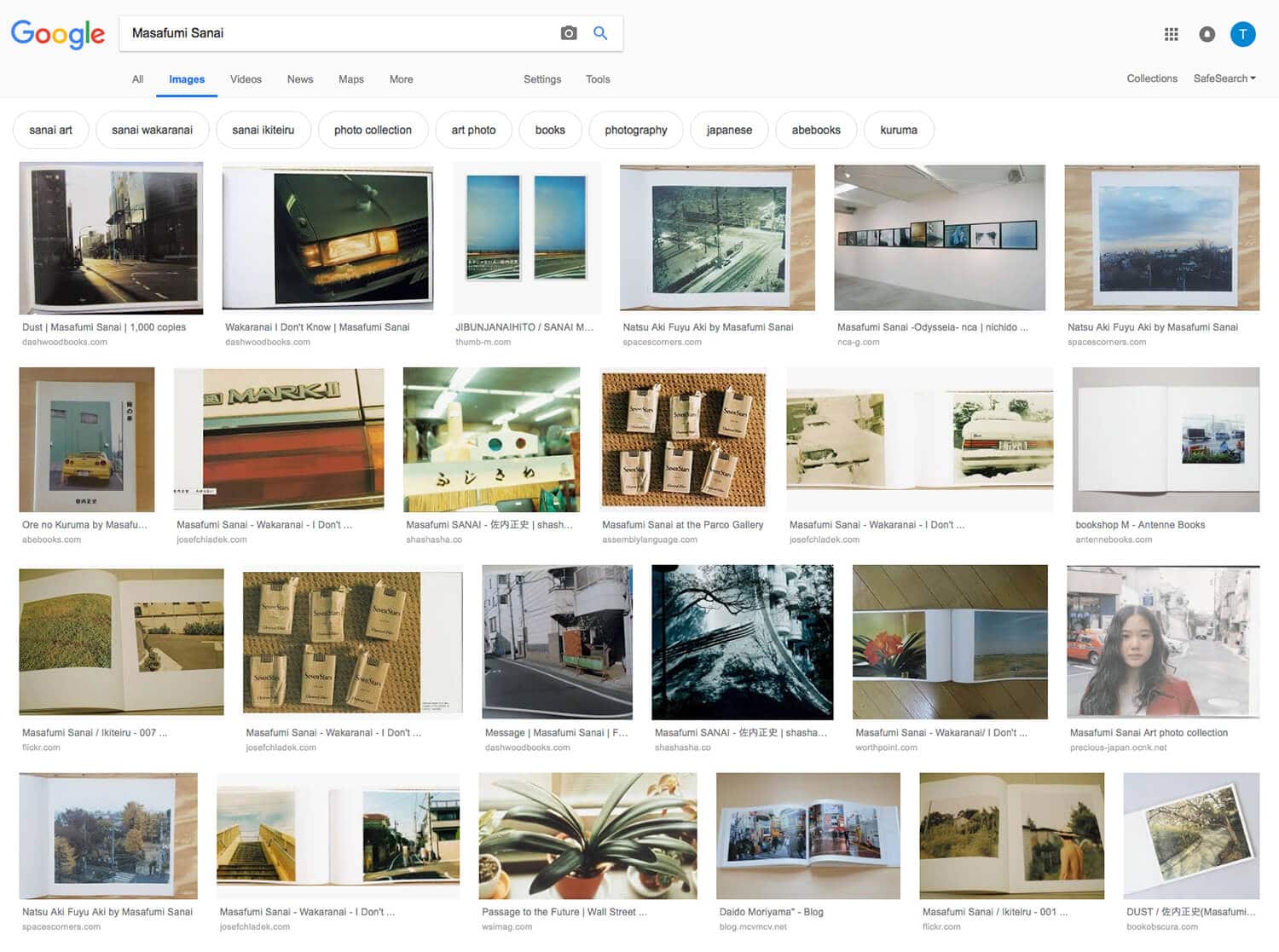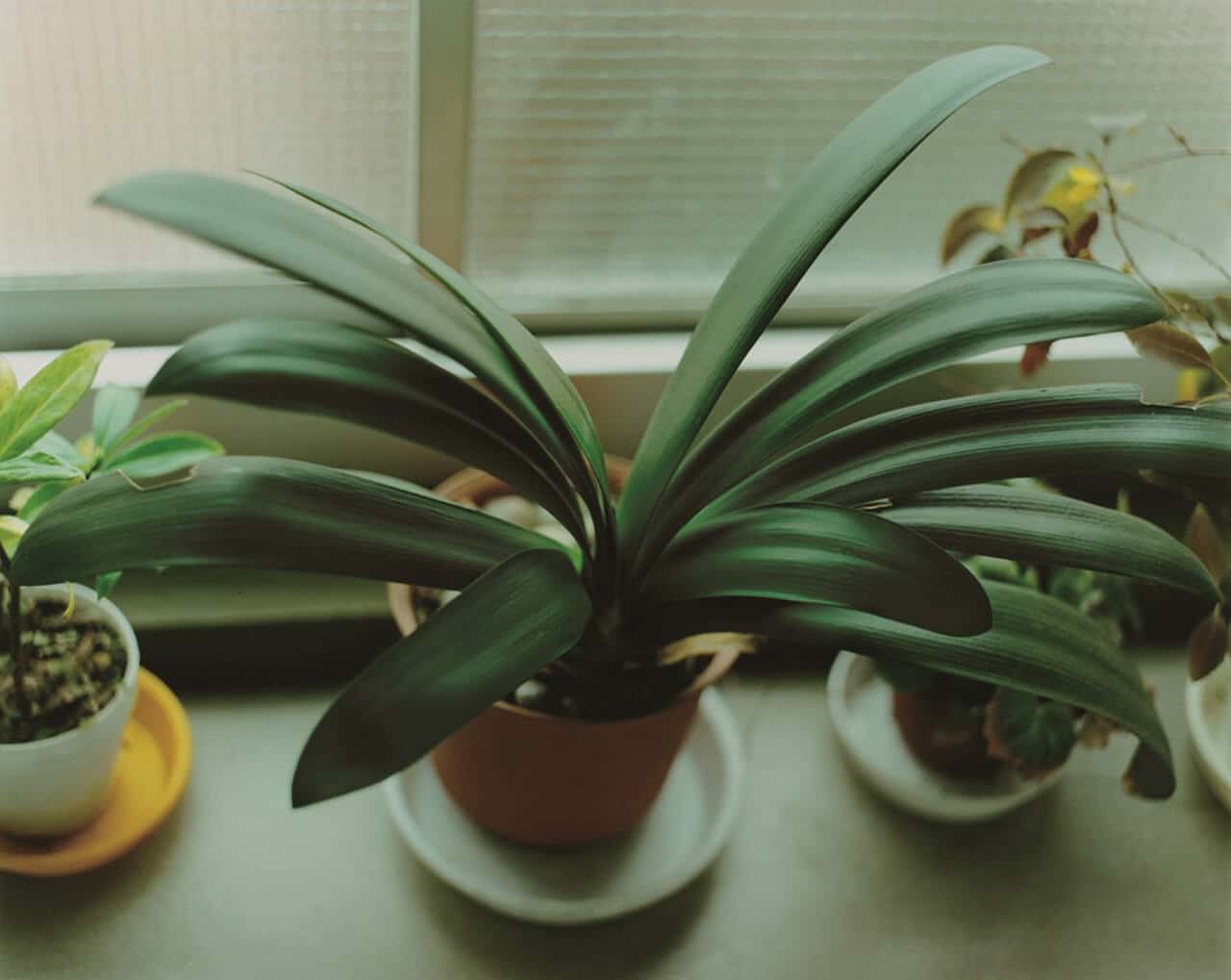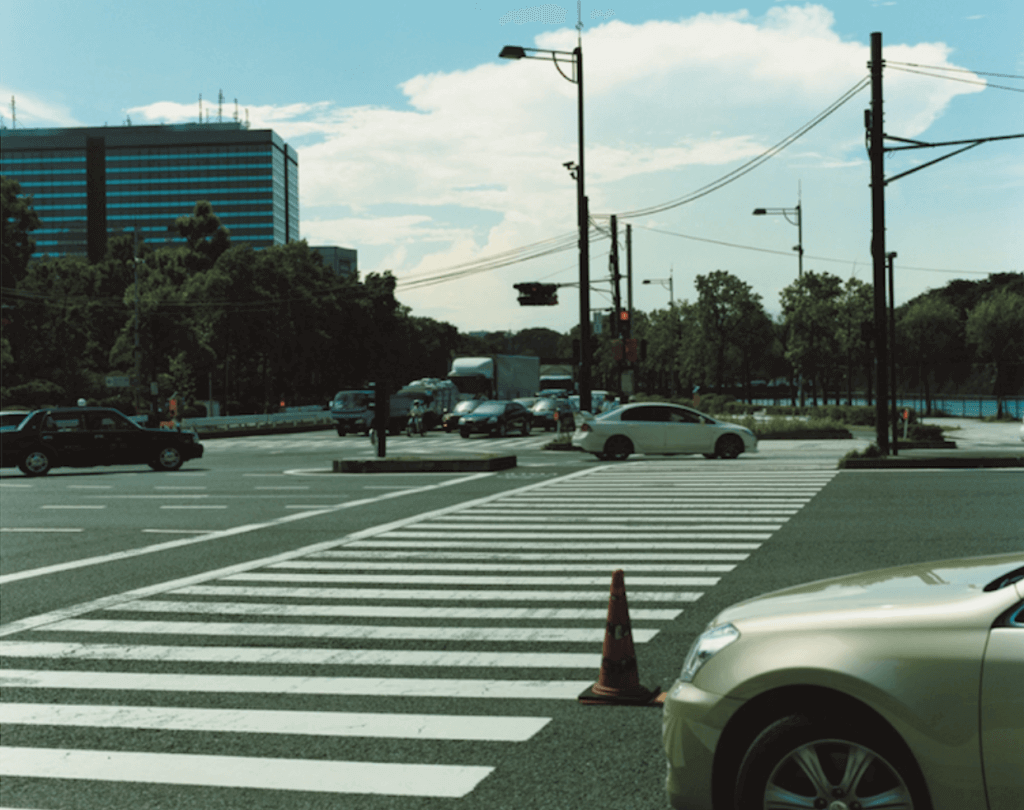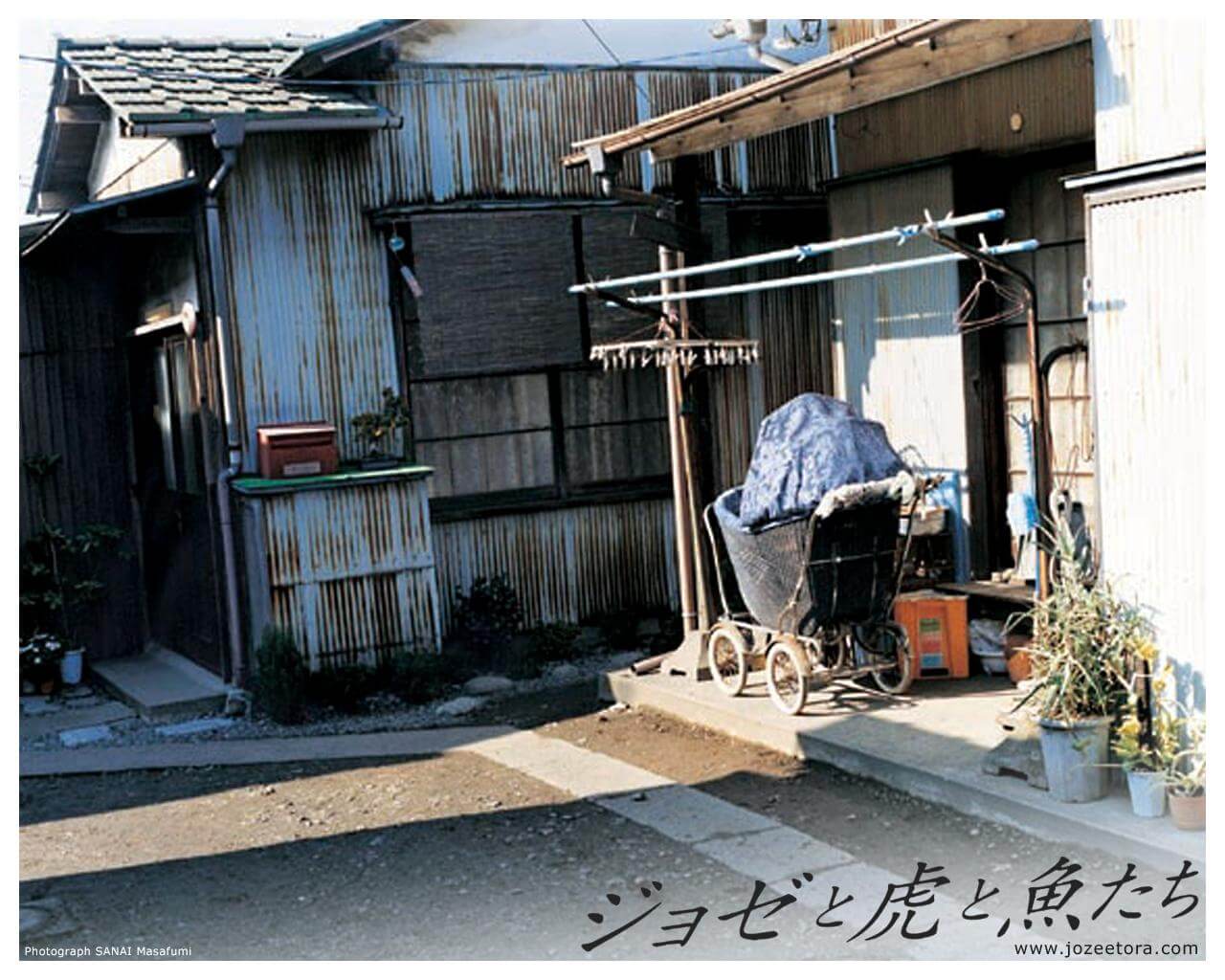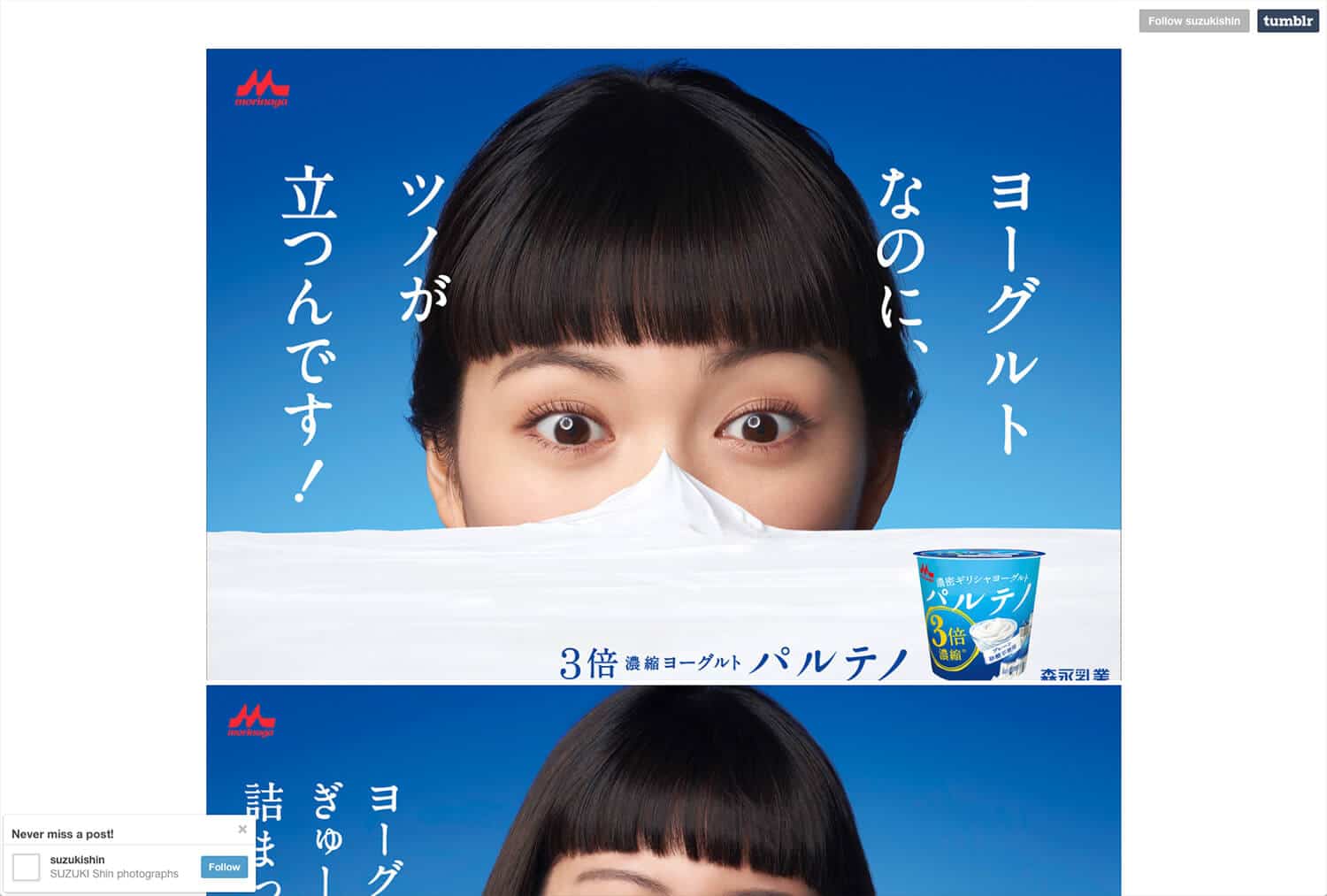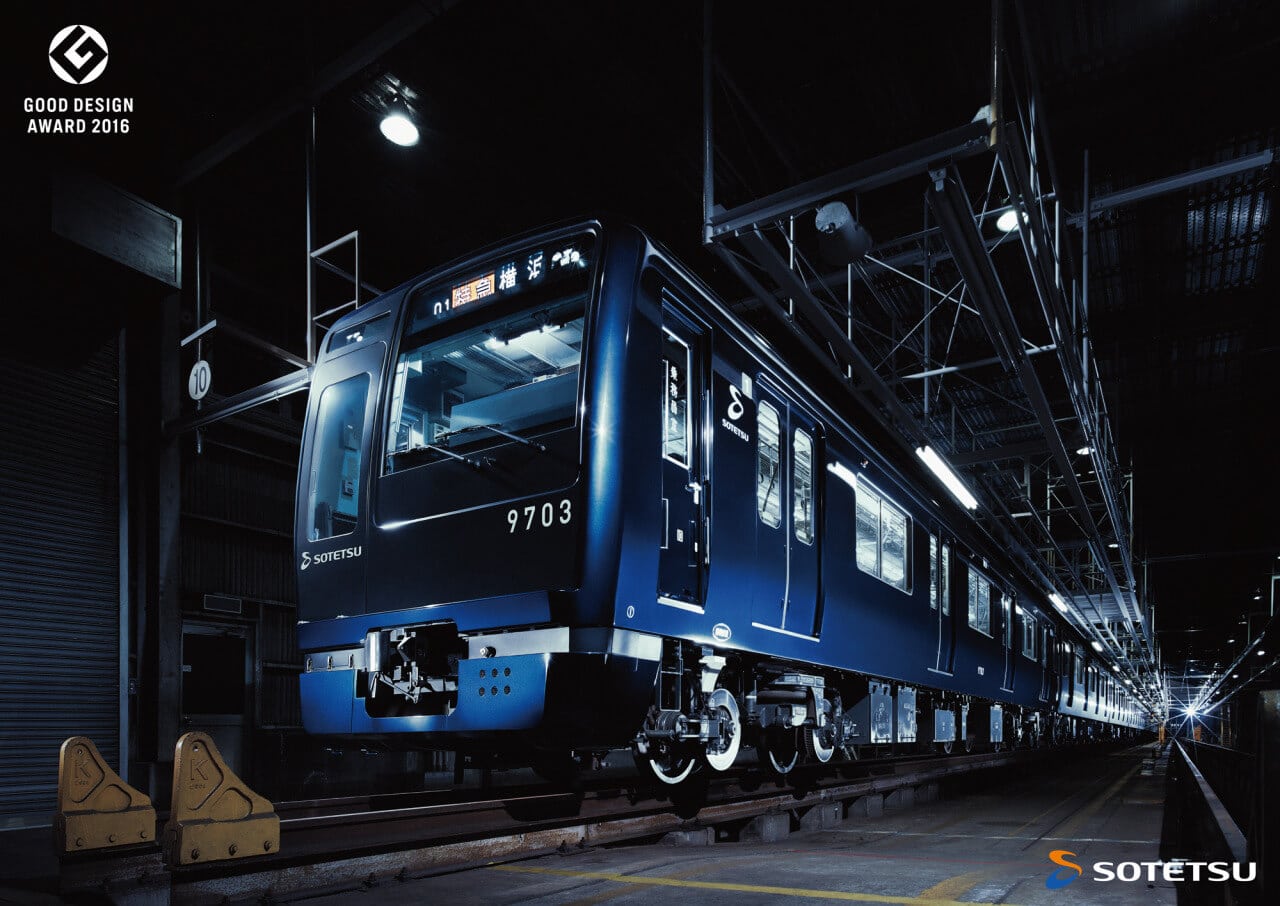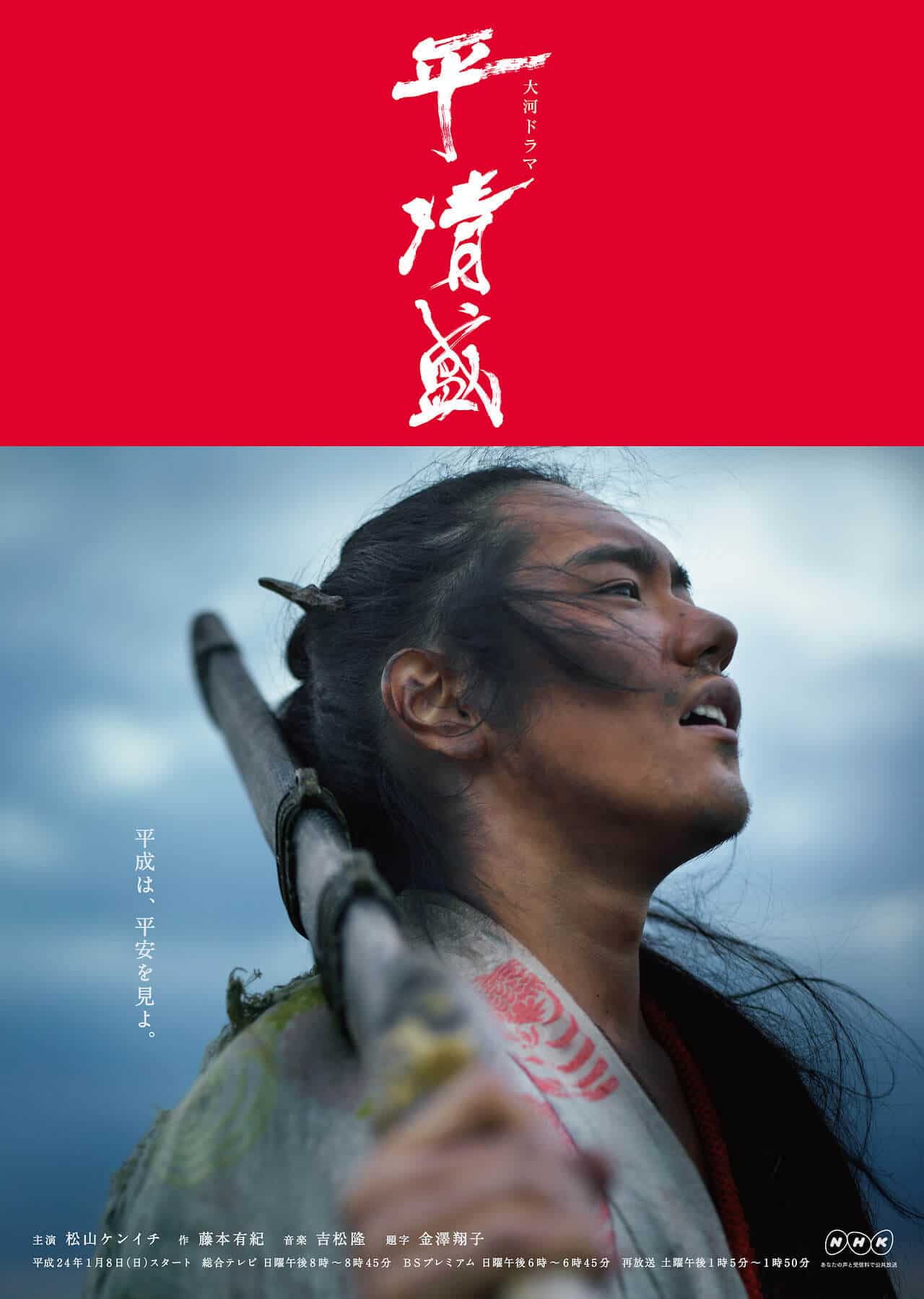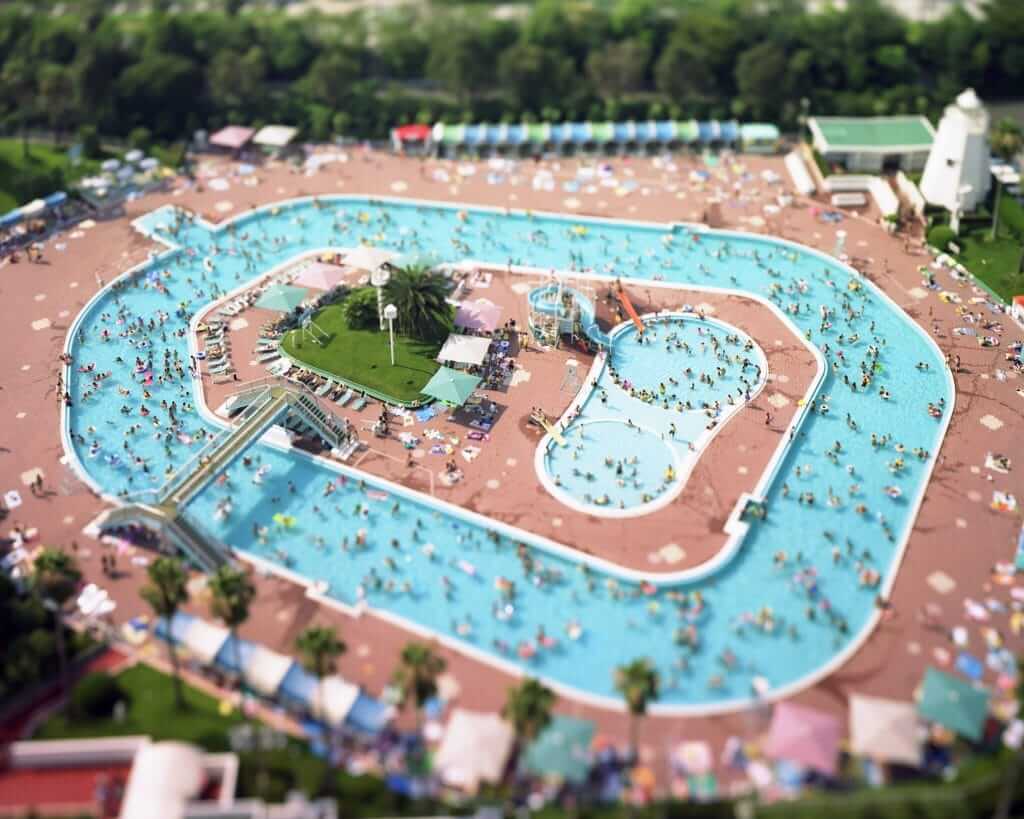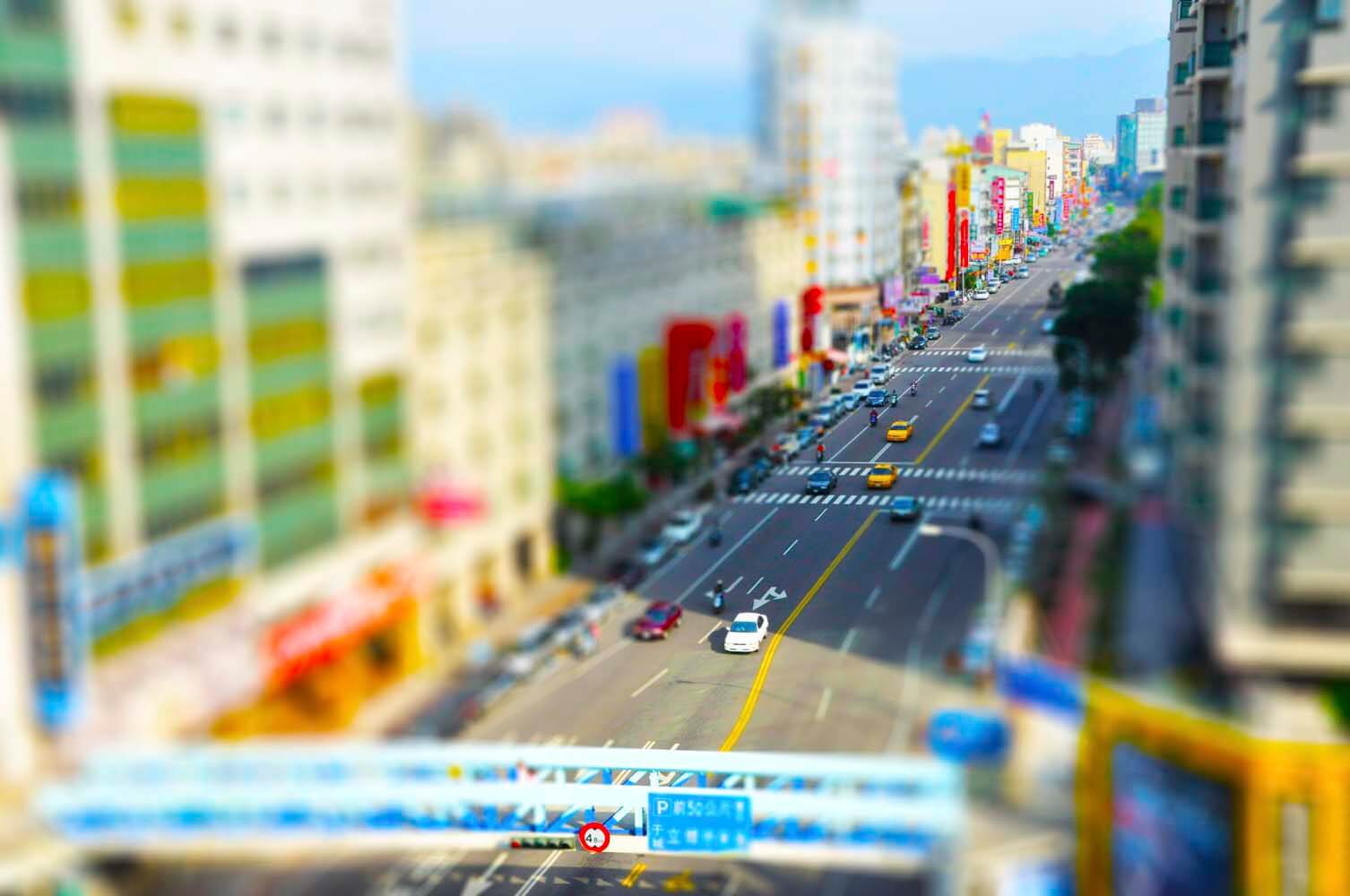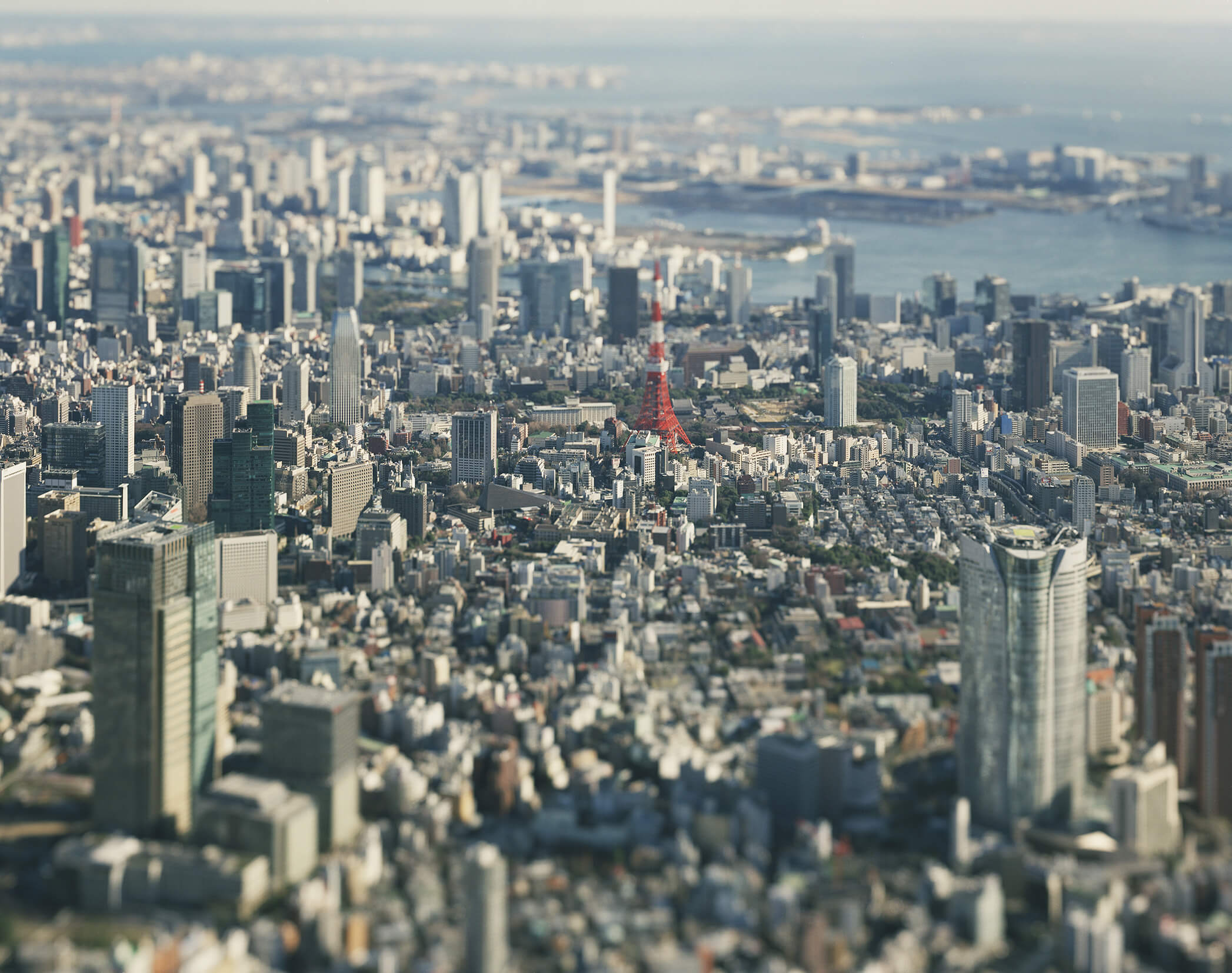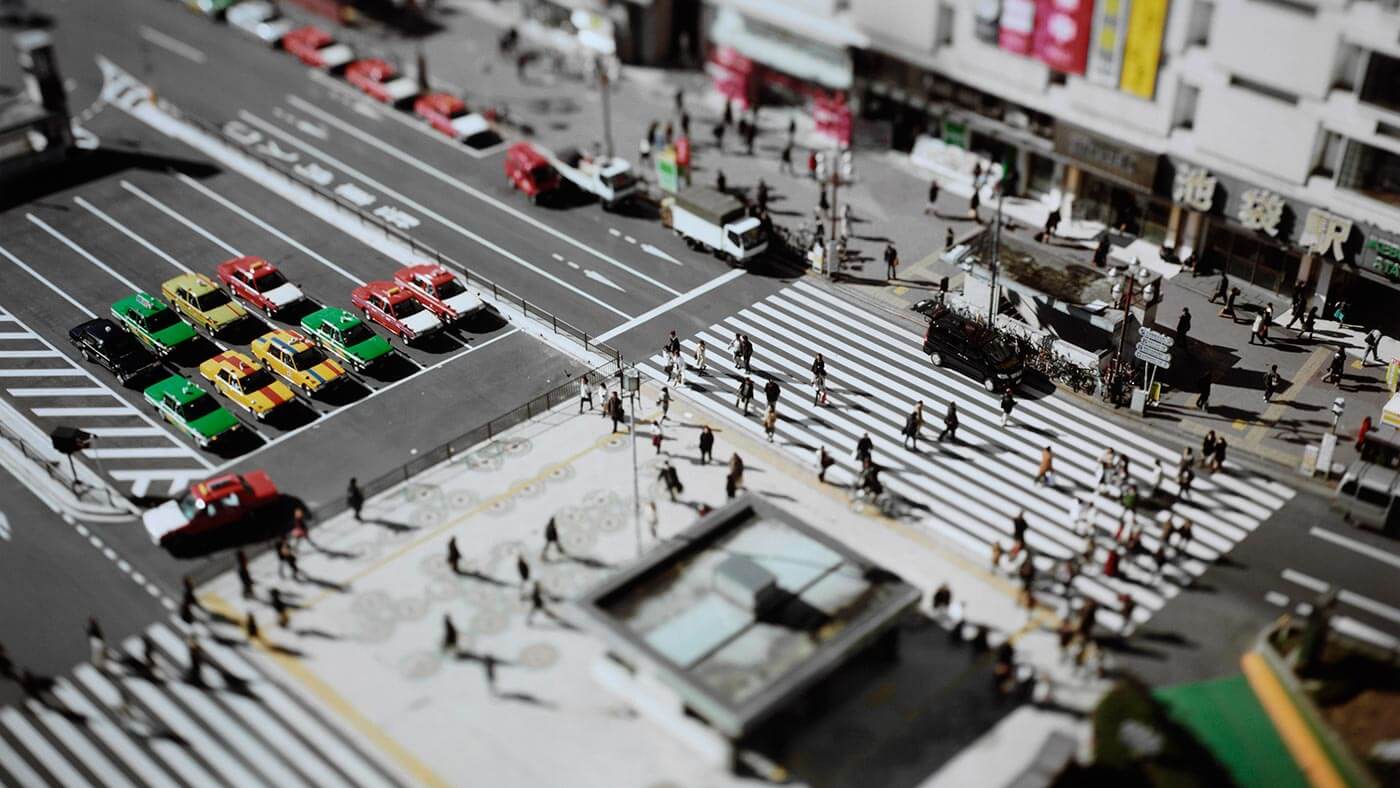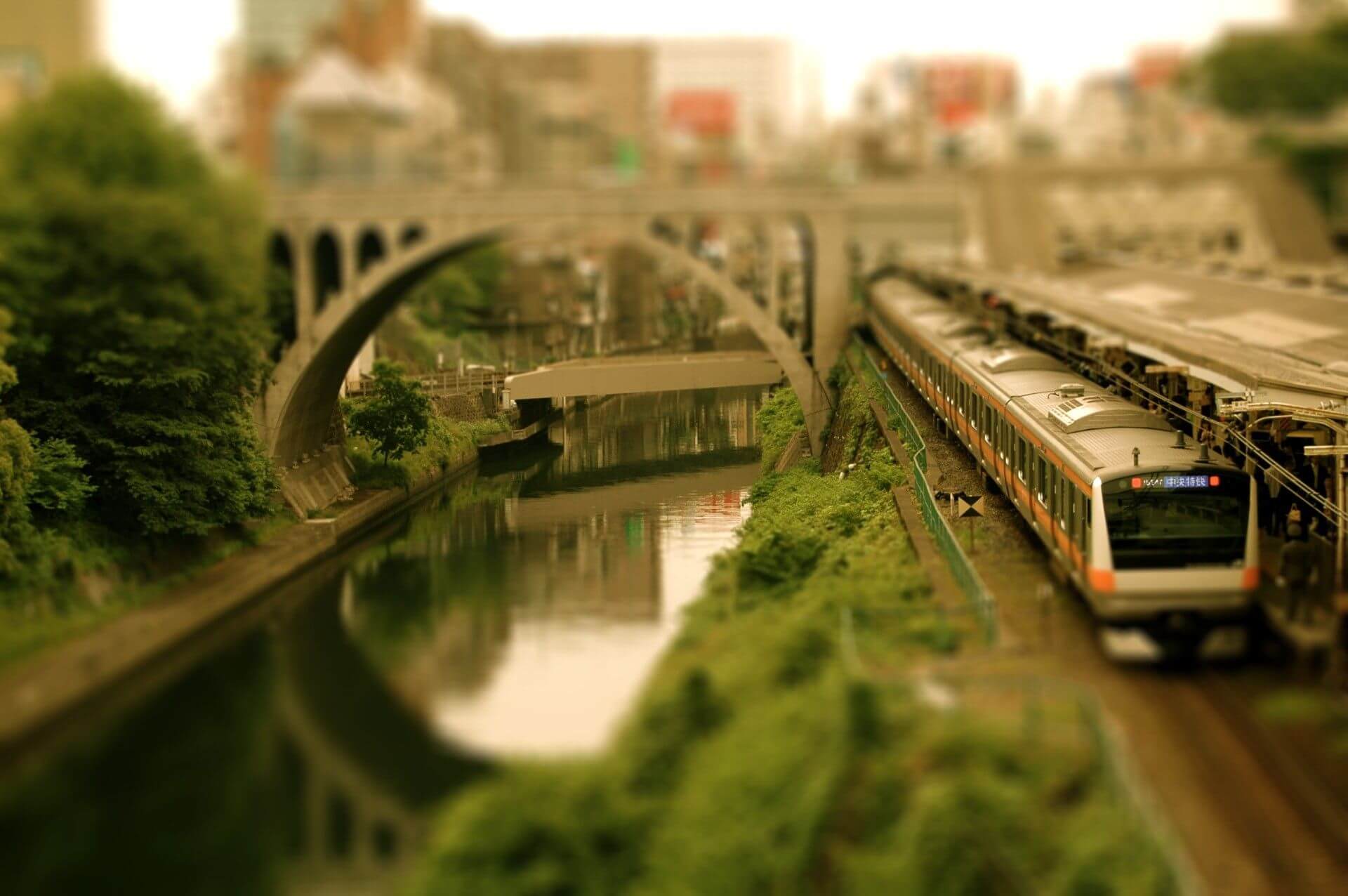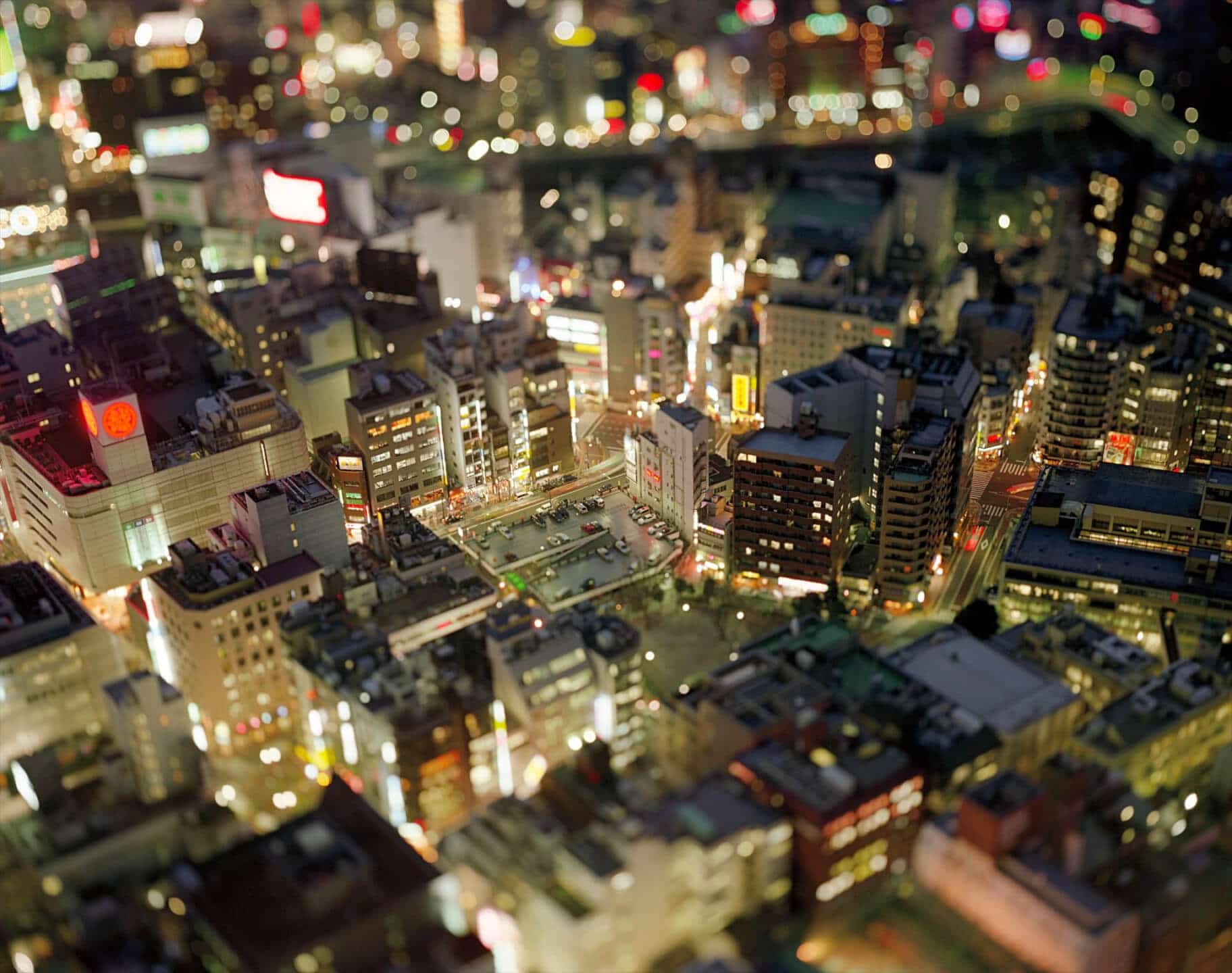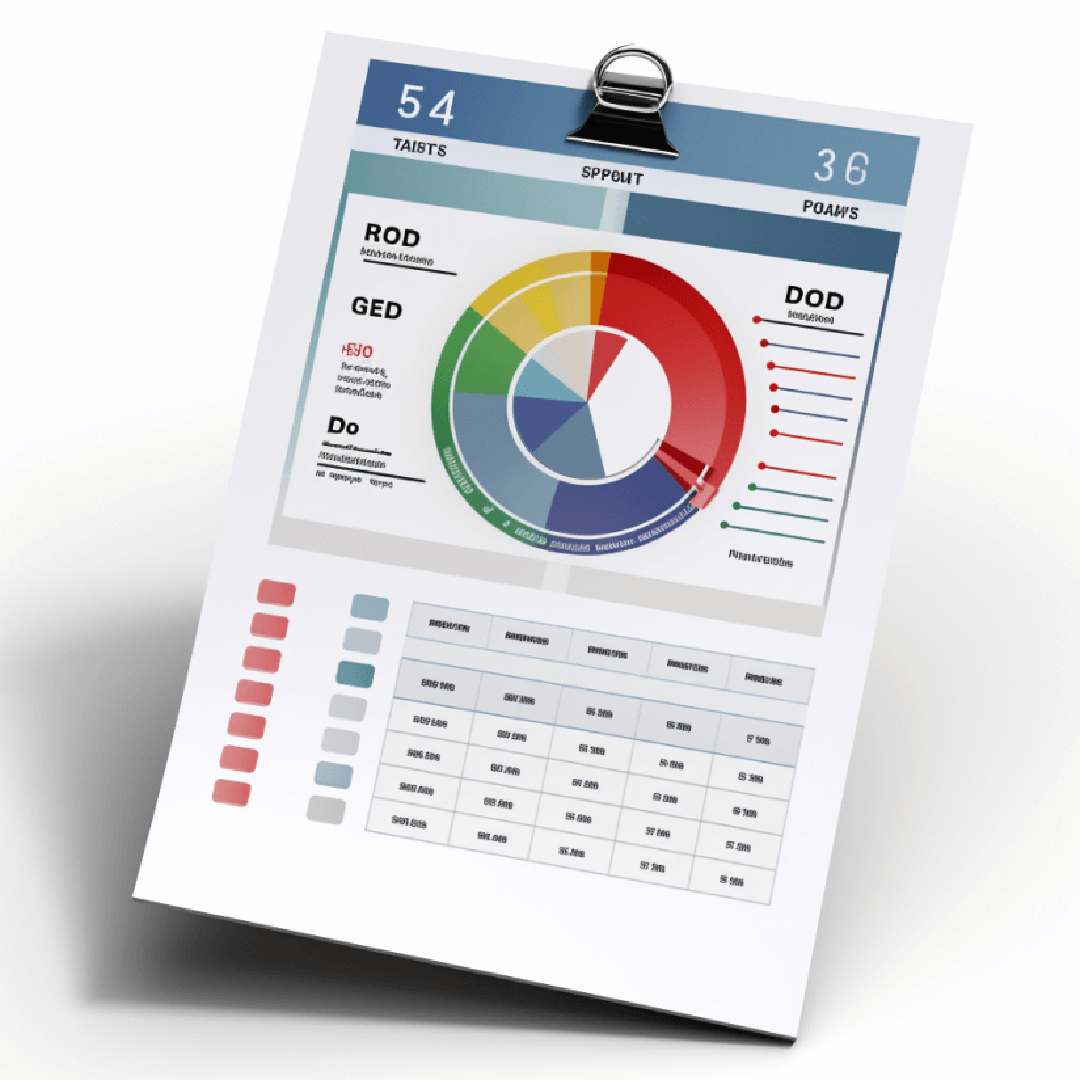Story: Work with +A player
When I was in Japan, I often browsed magazine at bookstore. Advertising, design, architecture, fashion, illustration and photograph. I could spend over 2 hours easily. I admired the professional work in the magazine and I was thinking someday I want to be there.
After I moved to Canada, it’s rare to work with professional photographers in my work. First, low budget. Second, schedule. Third, a client doesn’t recognize a value of photo, angle, composition and lighting. Regardless of my situation, I’m still thinking I want to work with professional photographers someday.
In the past, I worked with photographers a couple of times. I could learn a lot. Photographer takes an initiative at the studio/location. Photographer has to make a good relationship with client. Photographer gets rid of client’s anxiety. After all, our work is for client/someone. We have to possess a hospitality/service mind.
Mikiya Takimoto
©Mikiya Takimoto
Mikiya Takimoto is one of the top photographer in Japan. I looked at his photograph through advertising, art director were Kashiwa Sato, Kenjiro Sano, Manabu Mizuno and Chie Morimoto. His photograph is art even for commercial. Usage may don’t matter for top runners.
I’ve not seen his photo in 6 years. However, Mikiya Takimoto knows how to present artwork to the world. I really like his professionalism. I searched for many Japanese photographers, but some of them don’t have a website/portfolio. It means the world has never known about them unless the art book (or people) mentions. I assume that top Japanese photographers can work in abroad. I want to see it, but…
Rinko Kawauchi
©Rinko Kawauchi
Rinko Kawauchi (川内 倫子) is a Japanese photographer. Her work is characterized by a serene, poetic style, depicting the ordinary moments in life.
Kawauchi became interested in photography while studying graphic design and photography at Seian University of Art and Design where she graduated in 1993. She first worked in commercial photography and advertising for several years before embarking on a career as a fine art photographer.
In 2001 three of her photobooks were published: Hanako (a Japanese girl’s name), Utatane (“catnap”), and Hanabi (“fireworks”). In the following years, she won prizes for two of the books in Japan. In 2004 Kawauchi published Aila; in 2010, Murmuration, and in 2011 Illuminance; in 2009, she also received the Infinity Award for Art from the International Center of Photography. – Rinko Kawauchi at Wikipedia
I knew Rinko Kawauchi at quite an early stage. Her photograph book, Hanako, Utatane, and Hanabi, were frequently featured by the book store. I have one. People can feel what good is, what no good is. However, describing photographs is quite tough. I couldn’t find a word even I know I like her photos.
Masafumi Sanai
©Masafumi Sanai
Masafumi Sanai is a pioneering and accomplished photographer. His awards include the Kimura Ihei Award in 2002. He launched his own photo-book label, Taisho, in 2008. His most recent publication is “Dokusou.” He also co-authored two books in 2015 with novelist Otaro Maijo.
I looked at his photograph in a movie pamphlet, ‘Josee, tiger and fish’ in 2003. The theme song is Highway by Qruri. I’ve remembered I watched the movie when I was a university student in Kyoto, Japan. It’s still my favorite. I thought he is kind of outlaw from artwork, but he sometimes published a POP/commercial art, a girl like you. Wondering.
Takashi Homma
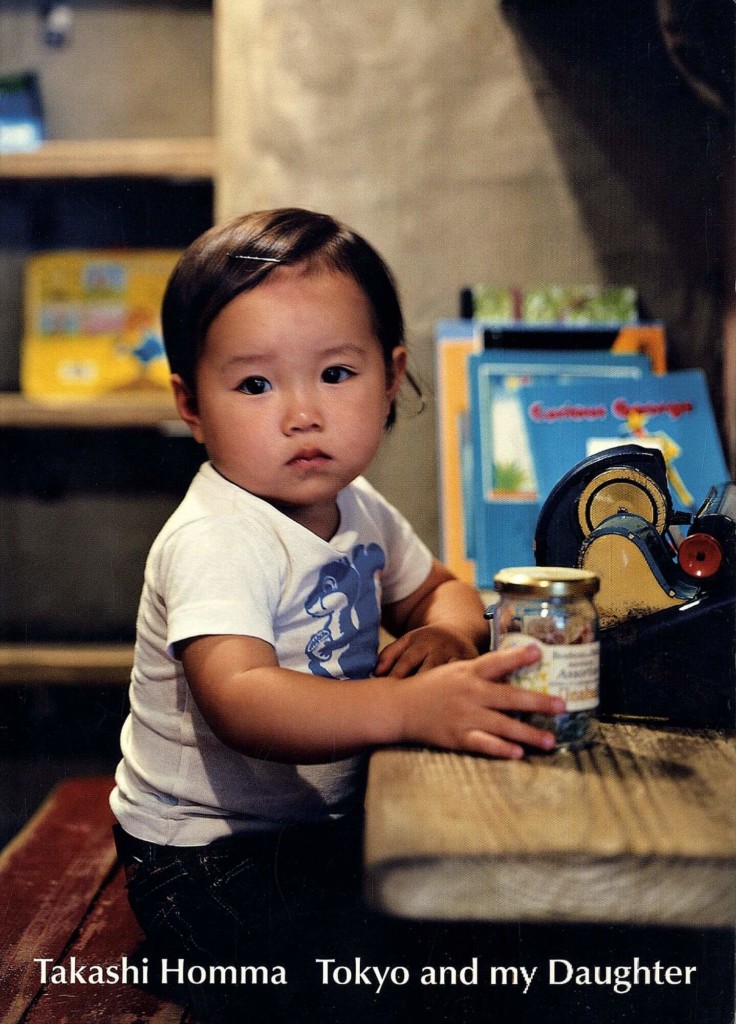
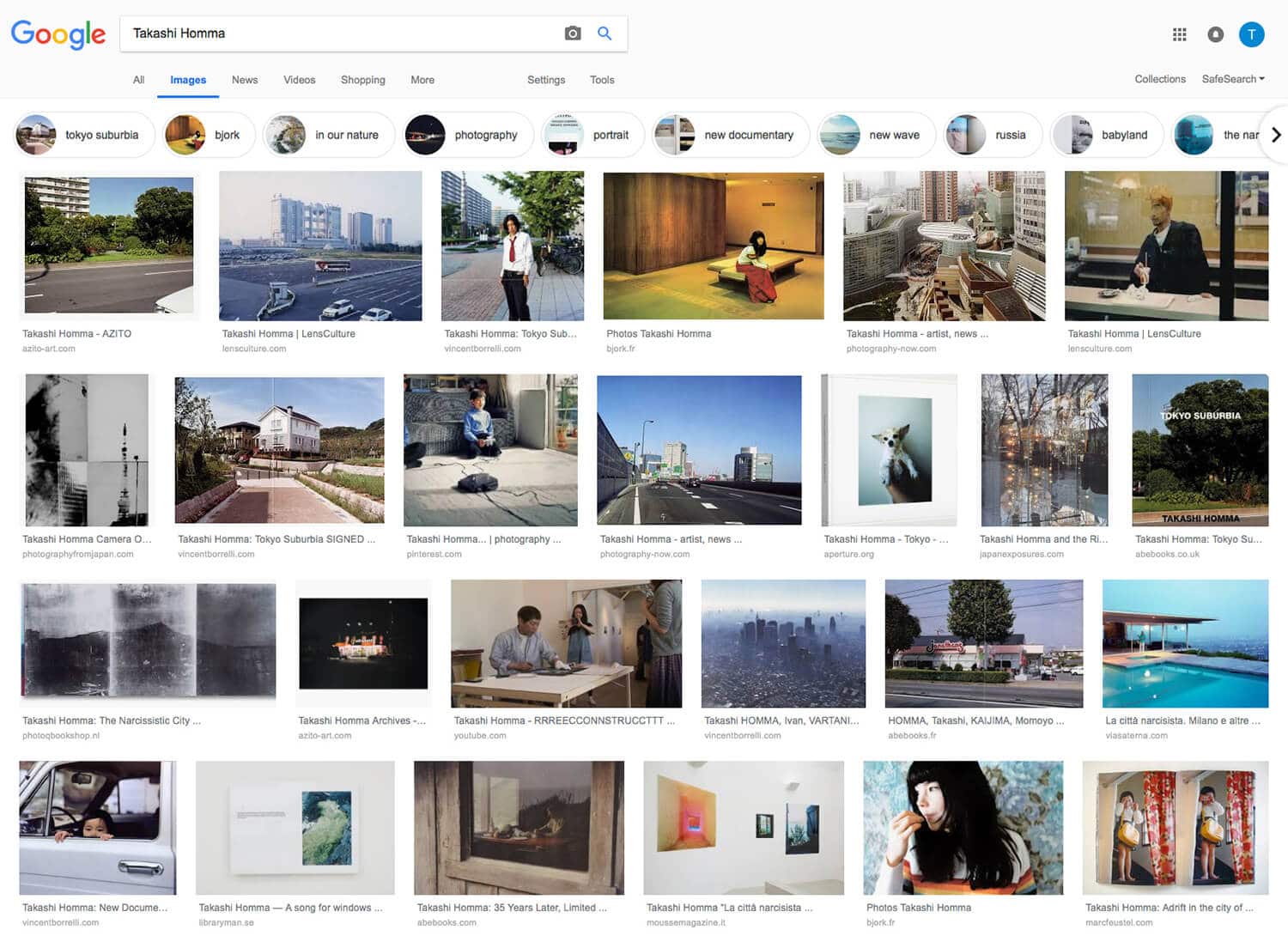
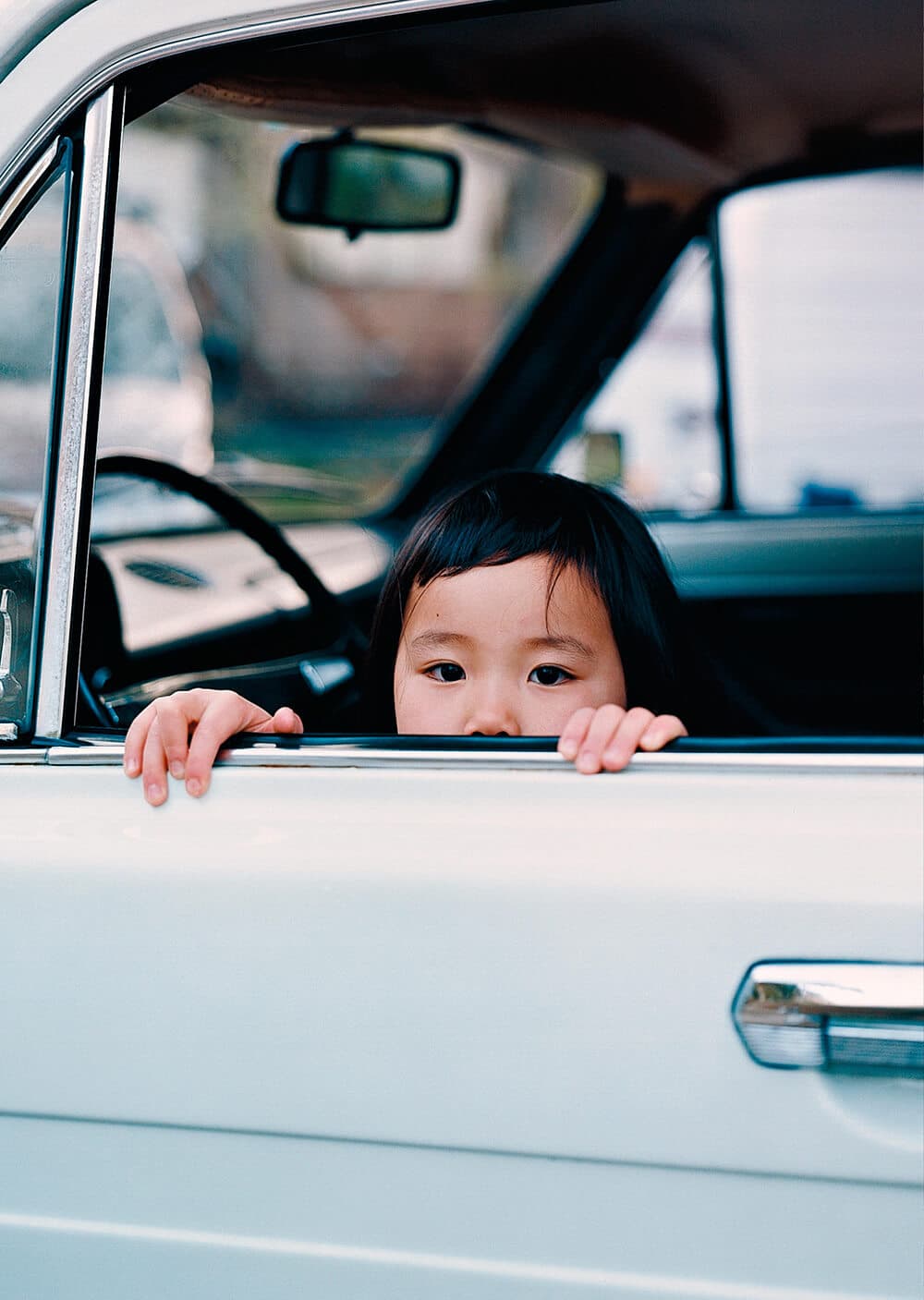
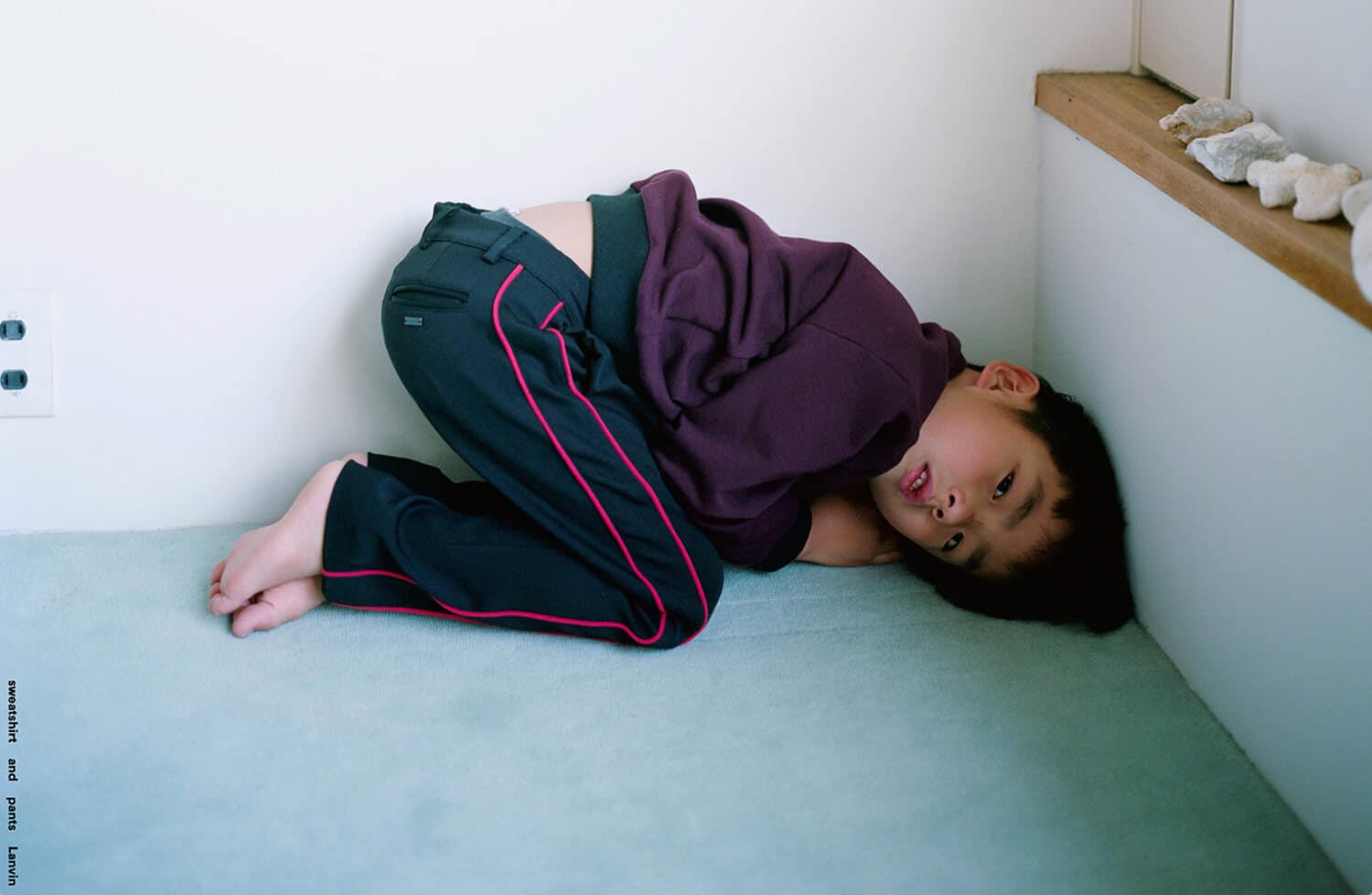
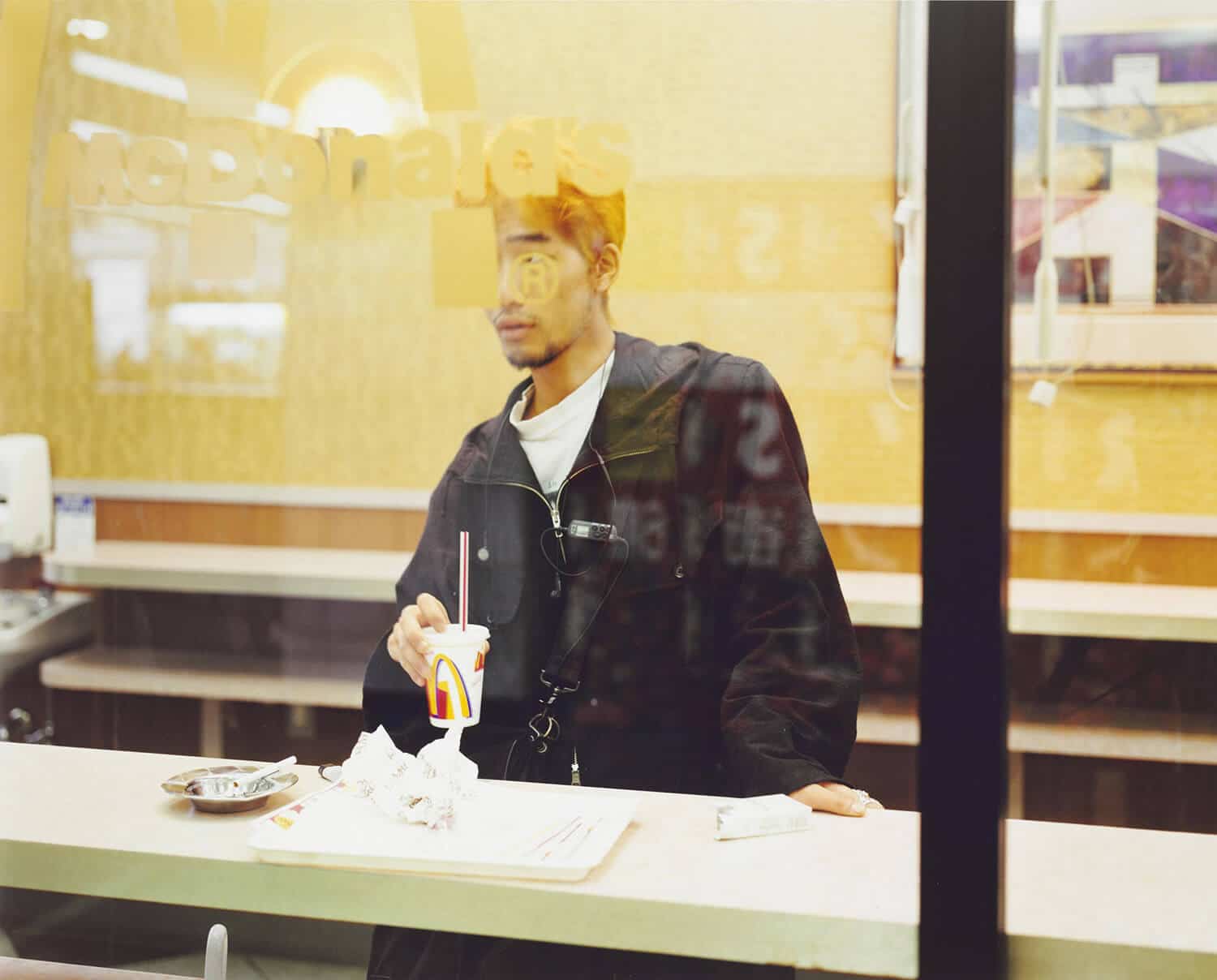
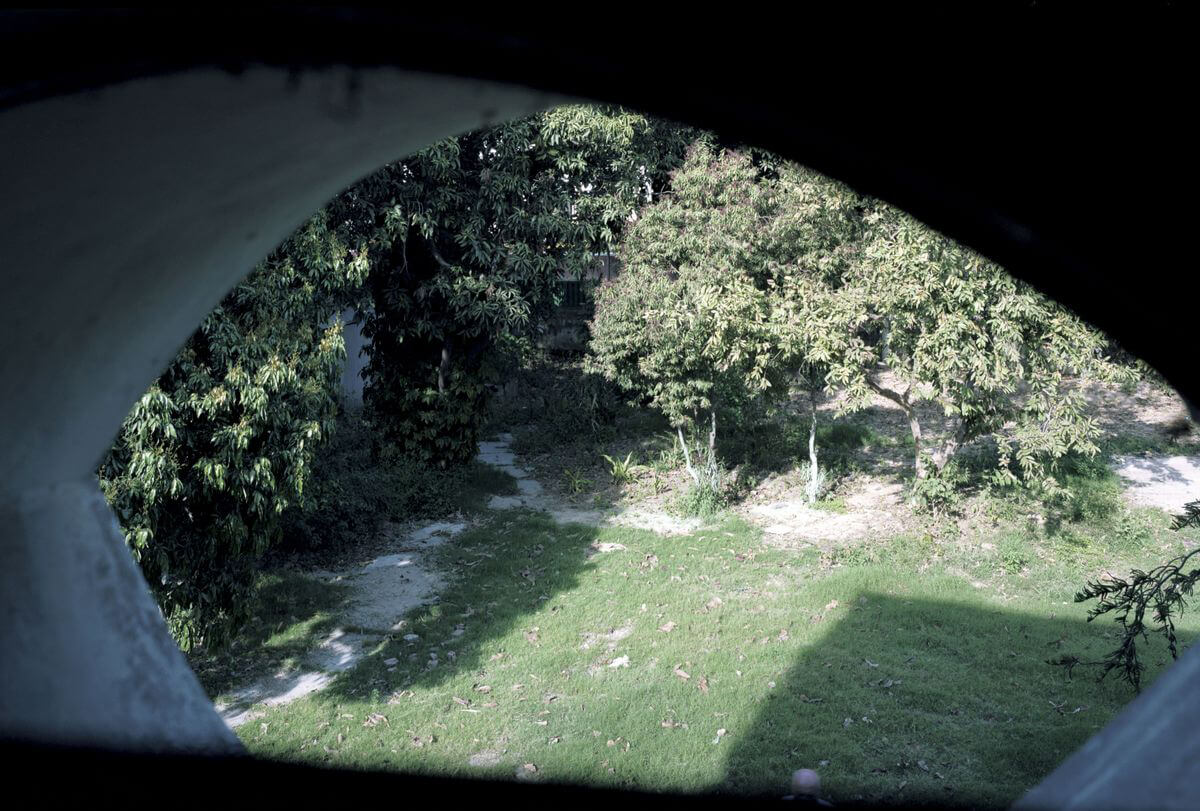
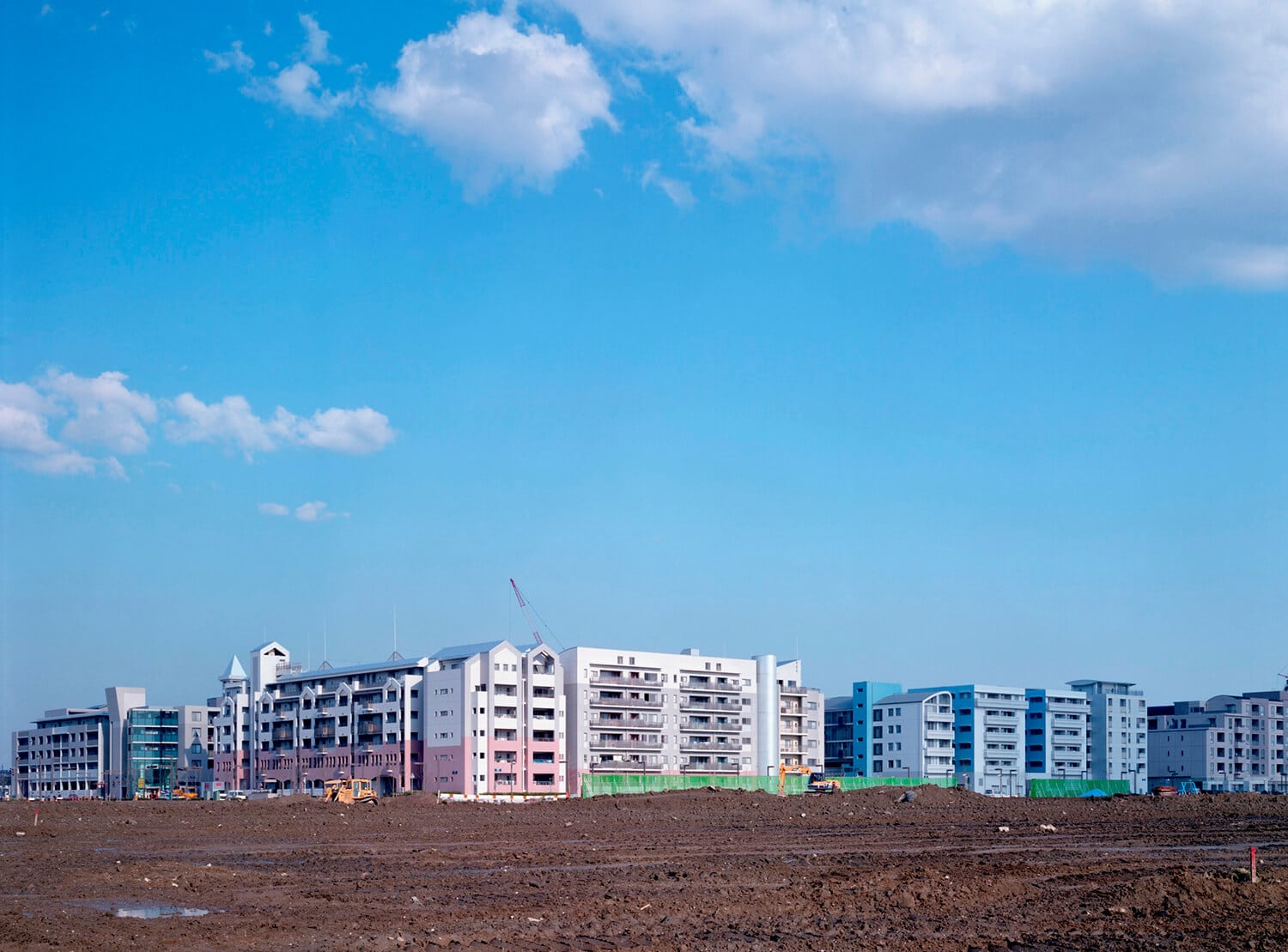
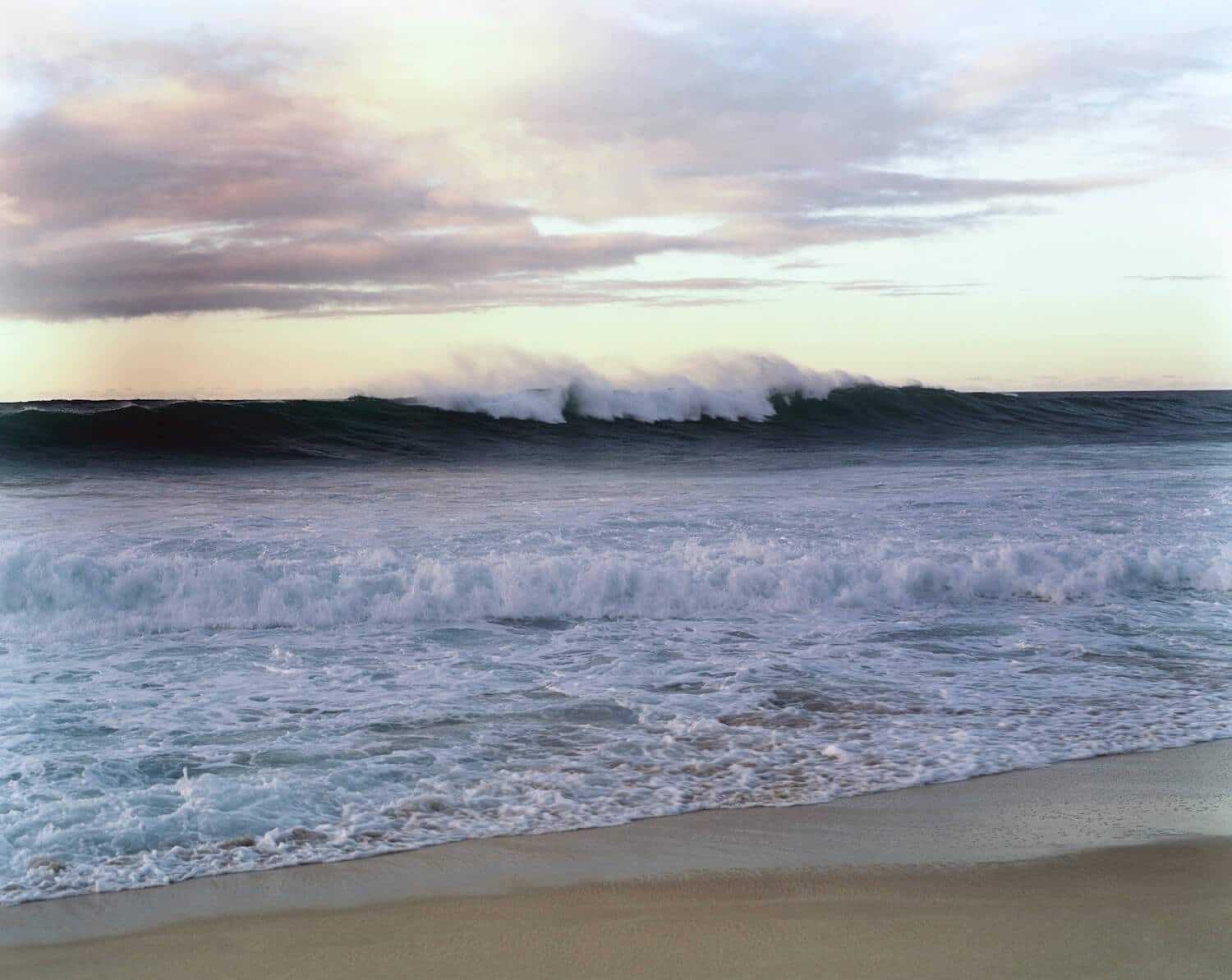
©Takashi Homma
Born in 1962. Resided in London from 1991-1992. Worked at “i-D”, a periodical founded in 1980 that is geared towards young artists. Worked in many genres upon returning to Japan, including magazines and advertisements, and worked on debuting his series’ “New Waves”, “Suburban Landscapes”, “Sky Shots”, and “Tokyo Children.” In 1998, received the 24th Kimura Ihei Photography award for his series “Tokyo Kougai: Tokyo Suburbia.”
In 2003, he published the collection of the traditional photographer Nakahira Takuma, titled “Extremely Good Scenes: Short Hope: Nakahira Takuma” and supervised a video by the same name. In 2008, he became the first Japanese artist to be published by the New York company Aperture for “Takashi Homma: Tokyo.” – AZITO
Shin Suzuki
©Shin Suzuki
I looked at his work at advertising, the art director is Manabu Mizuno. I saw him at a talk show a couple of times. Manabu Mizuno asks shooting to him. He considers what the art director requires. Then, he provides more than requirements, quality. I felt much his creative thinking during the talk show. I felt the same atmosphere with Hidetoshi Nakata in him. He completely earned trusty from Manabu Mizuno. I admired that relationship which respects each other, at that time.
Naoki Honjo
©Naoki Honjo
I still remember the photo book, small planet. I had it in my room. If I have a stable condo, I would like to hang a poster in my workspace. It changes my feeling even now. It’s been a while. I received an advertising newsletter and it mentioned Naoki Honjo’s exhibition. I cannot visit it in 2020, but I still like his photo.
Conclusion: Collaboration
I feel that there is not so much value when I delivered print/web design to clients independently. I knew the landing point of the design when the project had started. I mean I cannot beyond my imagination/skill even though I try to do so.
I prefer collaborating with a professional who is A+. I would like to improve myself in each project. There are not many these kinds of opportunities, but at least we should prepare for it. The chance will come to everyone.
